Why Do Hancock Bred Horses Buck
Sep 21, 2023 | Super Equestrian
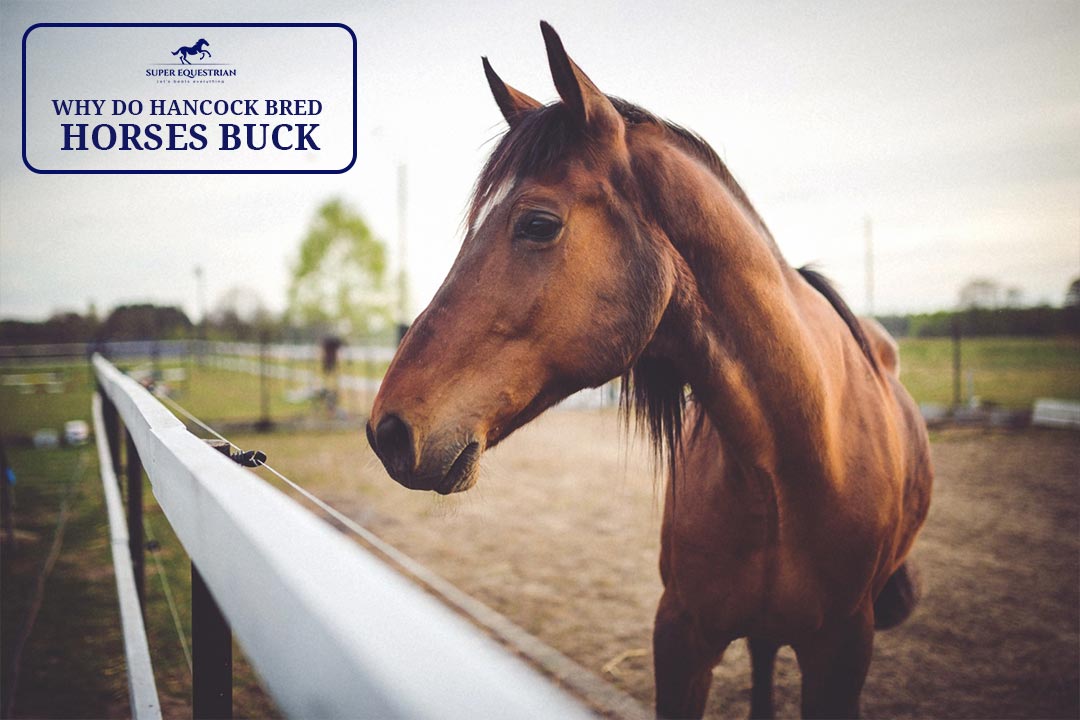
The Hancock horse is often seen with its front legs firmly planted on the ground and its hind legs raised high, that behaviour is bucking. This is a very strange and annoying habit of the hancock horse, which can often cause a major accident to the rider.
When the rider is sitting on the horse's back, it suddenly starts bucking, in this situation the rider cannot keep his balance and falls down.
There are many factors behind the bucking characteristics of the Hancock horse, such as their large body structure and genetic characteristics, which set them apart from other horses. Moreover, they often buck when they feel pain somewhere in the body. Again, they initiate bucking to defend against a dangerous animal and if the rider's signals or instructions are not properly understood to them.
Bucking is a distinct characteristic of Hancock bred horses, the reasons behind this behaviour of this type of horse is still unknown to many people. Let's find out the mysterious reasons behind the hancock bred horses bucking behaviour:
Why Do Hancock Bred Horses Buck?
Some of the Hancock bred horses used to buck most of the time and the owner of the horse does not understand the reasons for its bucking. But there are obviously some reasons behind this behaviour. Let's discuss them in detail:
What is the Significance of Bucking Behavior in Horses?
Horses buck for various reasons such as due to feeling pain anywhere in the body, not understanding the cues of the rider or as an expression of the genetic characteristics. Similarly, participating in training and unique living conditions influence them for bucking as well.
This behaviour is related to their temperament which ultimately affects their behavioural pattern. Sometimes, they do bucking in reaction to any fight or flight response.
Suppose, a mosquito sits on the horse and starts biting, will it tolerate the irritating mosquito quietly? Of course not. Since the horse cannot speak, it will express its annoyance to mosquitoes by using this kind of body language. But in the case of Hancock bred horses, their distinct genetic trait plays a major role in their bucking behaviour.
How Do Hancock Bred Horses Exhibit Distinct Bucking Traits?
As a holder and carrier of genetic traits, the Hancock bred horse expresses this unique behaviour that it inherits. They exhibit this behaviour when they are in a bad mood and the horse shows its disobedience to the owner or the rider by jumping very high on their hind legs in a very restless way.
Most often they buck in self-satisfaction during a race or physical exercise as well.
The Genetics Behind Bucking
This strange behaviour of hancock horse is fully related to its genetic traits. Let's have a good understanding about their ancestors characteristics, that is contributing to the variation of their genetic characteristics:
How Does Genetic Heritage Influence Hancock Bred Horses' Bucking Behaviour?
Hancock horses are a product of breeding, which is used to get a genetically modified variant of horse with some special characteristics.The horse is named Hancock after the man Joe Hancock, who first bred this type of horse, he did this breeding in order to get offsprings of horse with courageous, strong and hard working traits.
Basically, the usual behaviour of these horse traits are different from other horses. This bucking trait of Hancock horses is usually inherited from their ancestors and this peculiar behaviour is passed down to other horses of the breed, that means, the habit has become hereditary for the Hancock horses.
Are There Specific Traits in Hancock Lineage that Contribute to Bucking?
Yes, Hancock inherited this strange behaviour from some of its ancestors who behaved aggressively. Breeding of percheron breeds and stallion horses resulted in the development of the Hancock horse.
Horses of percheron ancestry were bred many years ago for use in war, so they were well-muscled, strong-legged, hard-working, and at the same time possessed great intelligence, which made them suitable for use in war.
On the other hand, the stallion family also had a well-built body structure, a hard-working mentality, but the characteristics of aggressive behaviour was found among them. If they were upset or angry with the rider for any reason they started bucking.
Thus, it is now clear that the aggressive behaviour was imprinted in the ancestors of the hancock horse, so this genetic trait continued to be inherited in them as well.
Exploring Environmental Factors and Bucking:
Some environmental considerations strongly influence horses bucking tendency. Let's examine the factors in detail:
What Role Does Training Play in Hancock Bred Horses' Bucking?
Training plays a great role to reduce this unique activity of horses without suppressing their natural characteristics. Most of the cases Hancock horses buck due to not understanding the instructions of the rider, so the rider must make the cues understandable to the horse by providing training.
You can apply a positive reinforcement training approach by giving your horse a reward in exchange of a desirable behaviour, then it will repeat the desirable activities again to get the reward more. Read this article on natural horsemanship vs positive reinforcement to know more about this training approach.
How Do Living Conditions Impact Bucking Behaviour in These Horses?
Horses are social animals, they love to interact with other horses which contributes a lot to the wellbeing of their mental health. If you keep the Hancock bred horse confined in a quiet, calm environment, it will suffer from anxiety and stress, and buck most often to release the stress from its body. It needs social interaction with other horses to develop its psychological attributes.
If they walk in a group of other horses they get a chance to make friends with others and try to follow the positive activities of other horses as well. Creating a positive environment for grooming can affect the horse's behaviour, so a horse friendly backyard is very important for them to improve their behaviour. Read this article to know how to create a horse friendly backyard?
Physical Attributes and Bucking Tendencies:
Tendency of bucking is mostly related to the horse's physical attributes. Let's discuss in detail how the physical structure plays a role in its bucking:
Are There Anatomical Features that Set Hancock Bred Horses Apart?
Yes, the anatomical features of Hancock bred horses are different from other general horses. As they are carrying those unique fractures in their bloodline, all the Hancock horses possess those features in their body.
Their long legs, strong muscles, strength to carry loads, and physical skills like participating in war are inherited from birth. Other horses do not possess these characteristics, but it is possible to bring out some of the characteristics of Hancock horses in them with proper training and regular exercise. Considering these factors, it is clear that Hancock horses are made for such a body structure which differentiate them from other horses.
How Can These Physical Traits Lead to Bucking Behavior?
As their physical structure is heavy and huge, the saddles need to fit correctly to their body, due to incorrect saddle fitness they feel pain in the back or other parts of the body. Sometimes the rider is not so expert to handle this huge sized horse in the right way, in this situation the Hancock horse feels uncomfortable carrying the rider to its back. Ultimately the horse starts bucking to express its pain and inconvenience.
Why Does This Matter to Horse Lovers?
The horse's bucking tendency matters a lot to the horse lovers because if they can not understand the actual reasons of the bucking and do not have sufficient knowledge to handle this kind of behaviour, it affects their riding severely.
Why Should Horse Enthusiasts Understand Hancock Bred Horses' Bucking Behaviour?
Horse enthusiasts should understand the causes of bucking in Hancock horses so that any untoward incident can be avoided immediately and at the same time creating a good bond with the horse. In order to use the horse properly, to enjoy a beautiful and joyful moment by riding with it, you should understand well why your horse bucks.
Suppose you have decided to take your horse to a race, and suddenly during the race, the horse bucks without understanding any of your cues.
What will happen then? Surely then you have to think about saving your own life before winning the competition, right? If you are able to convey your instructions to the horse, understand any opinions or difficulties it may have and if you understand its personality clearly then it will definitely avoid the behaviour of bucking in any serious moment.
How Can Knowledge of Bucking Enhance the Relationship Between Horses and Owners?
If you have proper knowledge on bucking, it will enhance your relationship with your horse in various ways. Sometimes the horse bucks due to health issues, such as feeling pain, irritation, infection in the body parts or anything else.
If you have a good understanding of your horse, you can immediately recognise the issues behind this bucking and consult with your veterinarian to check its health conditions and prescribe treatment. If the reason for bucking is saddle issues, you can adjust the saddle correctly with its body.
When the horse can realise that its owner is properly taking care of it by understanding its behaviour, this will create a trustable relationship between horse and the owner.
Managing Bucking Behaviour: Tips for Horse Owners
Horse owners need to manage the bucking behaviour instantly to avoid any unexpected incidents. Let's have a detailed discussion about the handling strategies of bucking:
What are Effective Training Approaches to Mitigate Bucking in Hancock Bred Horses?
Effective training approaches provide a platform to understand the behaviour of your horse properly and even the horse gets a chance to be familiar with your cues or instructions in a correct way and respond accordingly. This way their bucking behaviour gets mitigated well.
Always keep in mind that you should use a reward based training approach for making your horse happy and obedient to your instructions. In response to a positive behaviour you can give it a treat as a reward. Read this article to know what do horses like to eat as a treat?
Similarly, you can spend a lot of time understanding your horse by practising ground work exercise in a beautiful environment, which is a very effective approach to mitigate bucking behaviour as well.
How Can Horse Owners Provide Optimal Living Conditions to Minimise Bucking?
Unhygienic living environments with inadequate facilities have adverse effects on the horse's mental health, causing them to feel physically uncomfortable and buck frequently. That's why you must keep their residence clean and healthy so that they do not feel sick.
Additionally, provide an adequate amount of nutritious food and water to the horses. The accommodation of horses should have adequate ventilation, protection against mosquitoes and other insects, in other words, the horse owner must ensure all necessary facilities in their accommodation in a proper way to minimise bucking.
Connecting with Your Equine Companion:
Creating a stronger relationship with your equine companion provides a lot of support to manage their aggressive characteristics, so that the horse becomes dependent on you and obediently follows your instructions. But how can you create this relationship with the horse? Let's understand the ways of strengthening the bond with your equine companion:
How Can a Deeper Understanding of Bucking Strengthen the Bond with Hancock Bred Horses?
If you develop a good understanding with the Hancock horse, then you will easily understand all its needs and difficulties.
Besides, the horse will understand your instructions by looking at your body language, that means a very good bonding will be formed between you. If you don't understand the reasons for your horse's bucking in the beginning, then you can take help from a professional horse trainer, who can assist you to understand the behaviour of Hancock horse and its correct handling strategies. Read this article to know how to find a reputable horse trainer?
What Are Some Positive Ways to Respond When Your Horse Displays Bucking Behavior?
If you want to positively counter a horse's bucking behaviour, you need to understand its temperament, know what it wants. You should always treat your horse with love so that it develops affection for you as well. If the horse bucks suddenly, try to communicate with it with patience and peace to understand what it wants and cool down accordingly.
If you see a horse displaying bucking while riding, then try to keep your balance with all the strength of your body. But how? Sit firmly on the saddle and pull the reins with your hand, so that the horse's head remains up, because the horse's head is always tilted down to buck. So, if you are able to keep its head up, the horse can not buck.
In Conclusion,
Hancock bred horses have some unique characteristics, among these bucking is considered as the dangerous and rough behaviour of them. Although all the Hancock bloodlines do not possess bucking, most of them do to express their feelings or to oppose the attack of any harmful organisms.
This scary Behaviour of the Hancock bred horse is very alarming for a rider, seriously affecting his riding and increasing the possibility of physical injury.
This article explains all the possible reasons for horse's bucking and the solution to reduce this behaviour in a better and effective way. If you have any opinion after reading this article please comment. Feel free to share this article with anyone who has a Hancock bred horse and they are concerned about their horse's bucking issues.
Recent Blogs
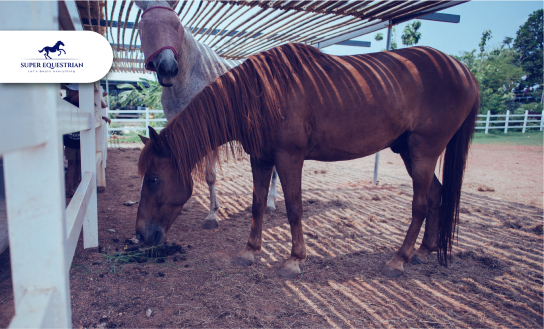
Common Equine Diseases and How ...
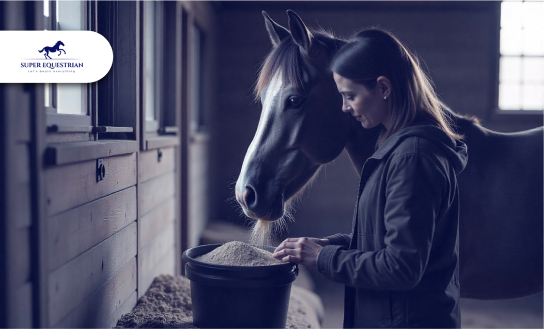
Equine Health Supplements: What Every ...
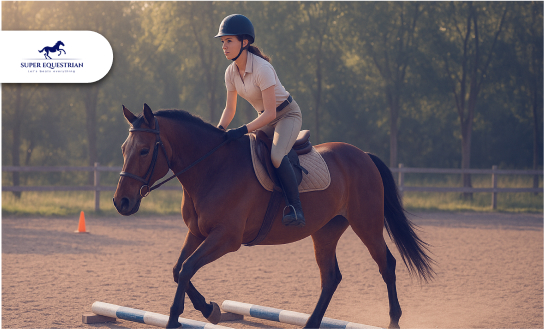
Jumping Basics: How to Prepare ...
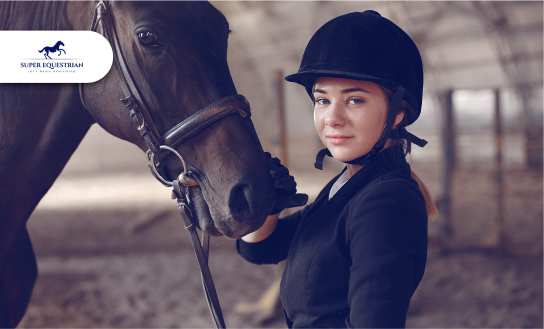
Essential Horse Riding Gear for ...
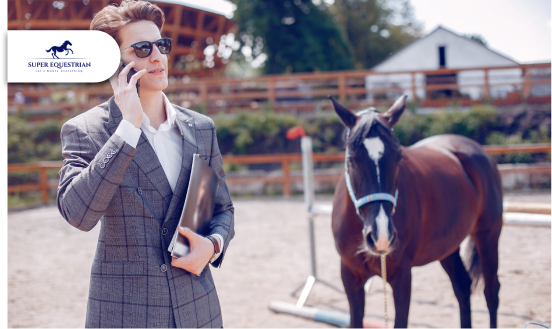
How to Balance Work, Life, ...

How to Balance Work, Life, ...
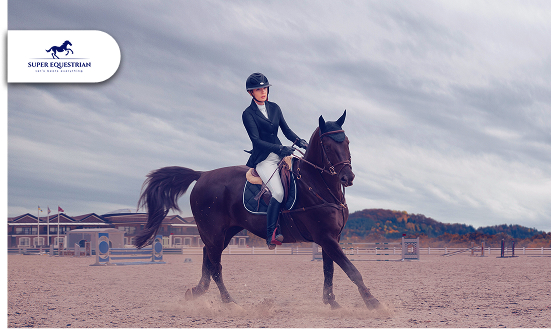
Top 5 Exercises to Improve ...
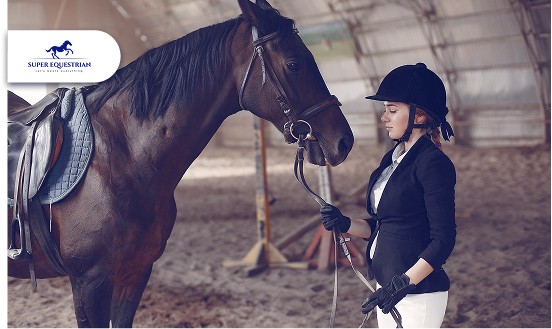
How to Build Confidence as ...
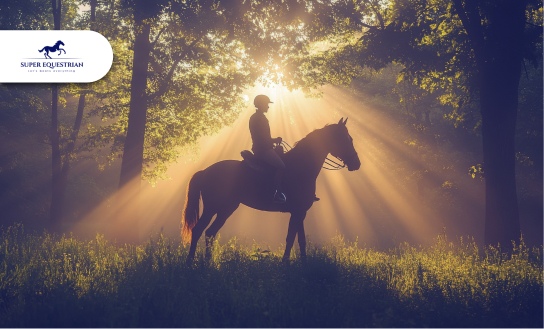
Spotlight on Equestrian Legends: Riders ...
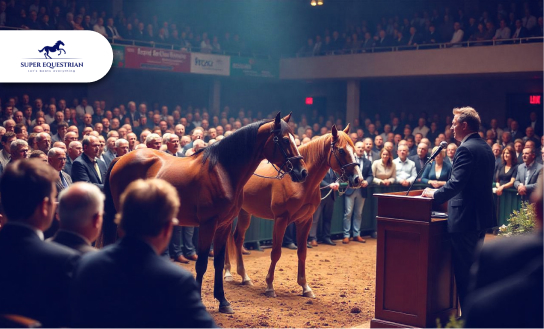
Horse Auctions and Sales...

Top Horse Friendly Travel Destinations ...

How to Build Stronger Bonds ...

Upcoming Horse Shows and Competitions ...
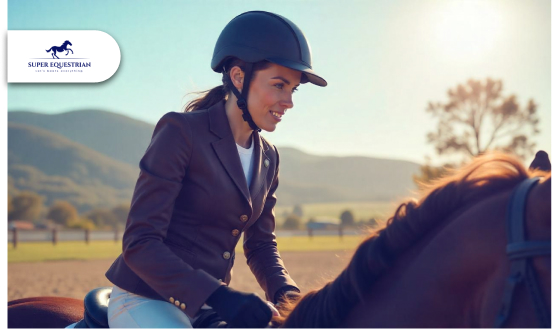
MIPS Equestrian Helmet The Future ...
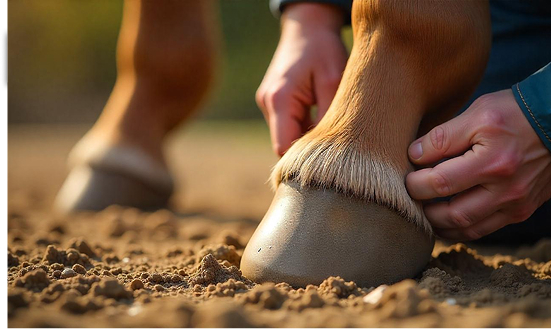
How to Recognize and Treat ...
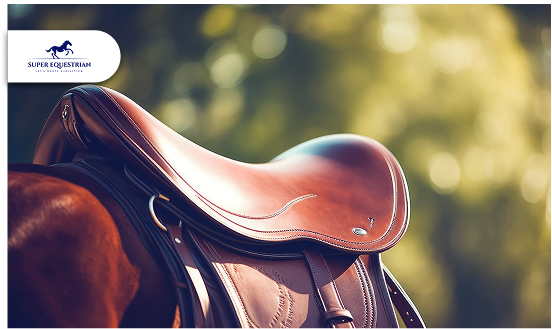
How to Choose the Perfect ...
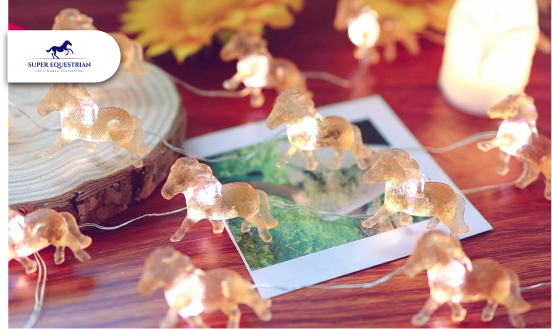
Horse-Themed Gifts Unique Ideas ...
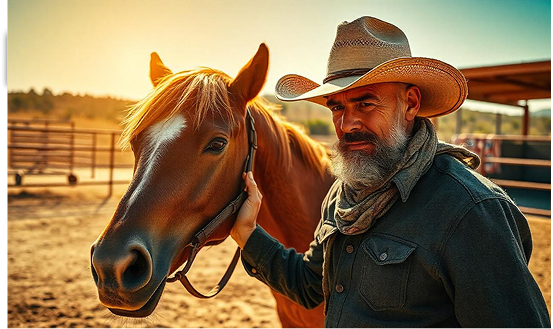
Horse Training Techniques: Creating A ...
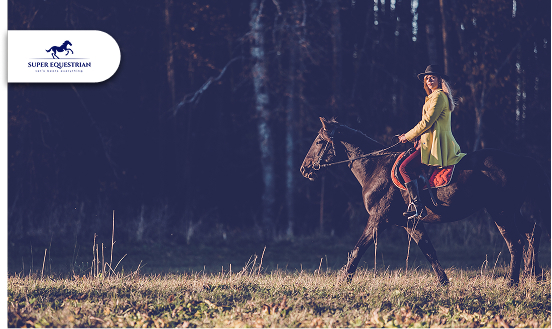
Horseback Riding Lessons – Everything You ...
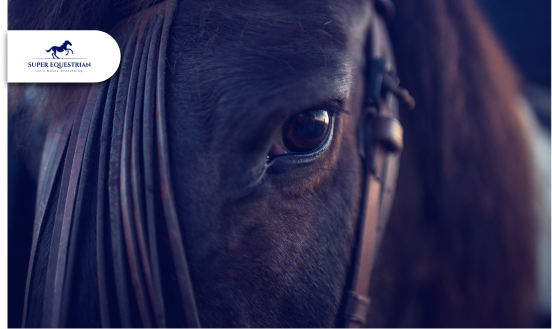
Horse Photography Tips: Learn the ...
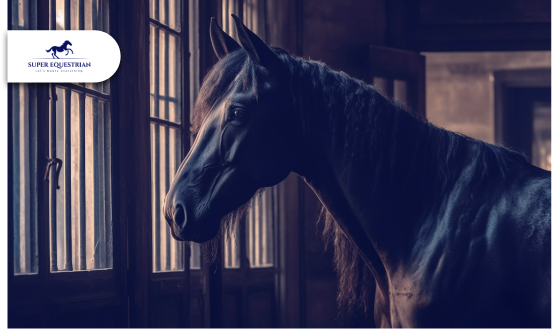
Horse Stable Management: The Quiet ...
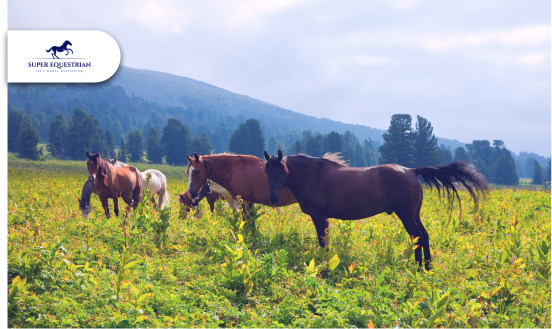
Horse Rescue Organizations: A Profound ...
Horse Racing Events A Look ...
Best Horse Manure Fork Six ...
What Are The Rarest Horses ...
What Does It Mean When ...
Horse Insurance Providers This Is ...

Horse Behaviour and Psychology: Learn ...

How Much Does a Horse ...
.jpg)
Best Monoflap Saddles For Your ...
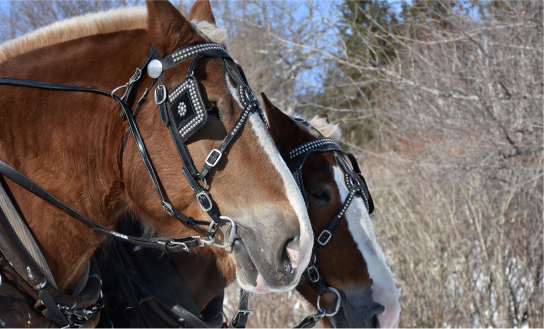
Best Hackamore For Barrel Racing...
.jpg)
Best Barrel Racing Reins Top ...
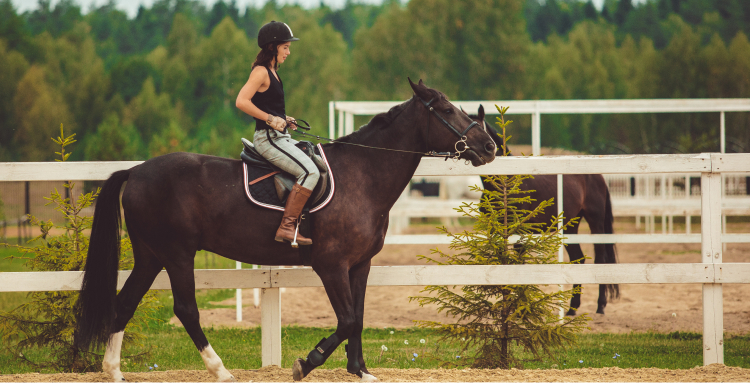
Horse Anatomy And Physiology: Facts ...
.jpg)
Best Stirrups For Ankle Pain - ...
.jpg)
Horse Care Tips and Tricks: ...
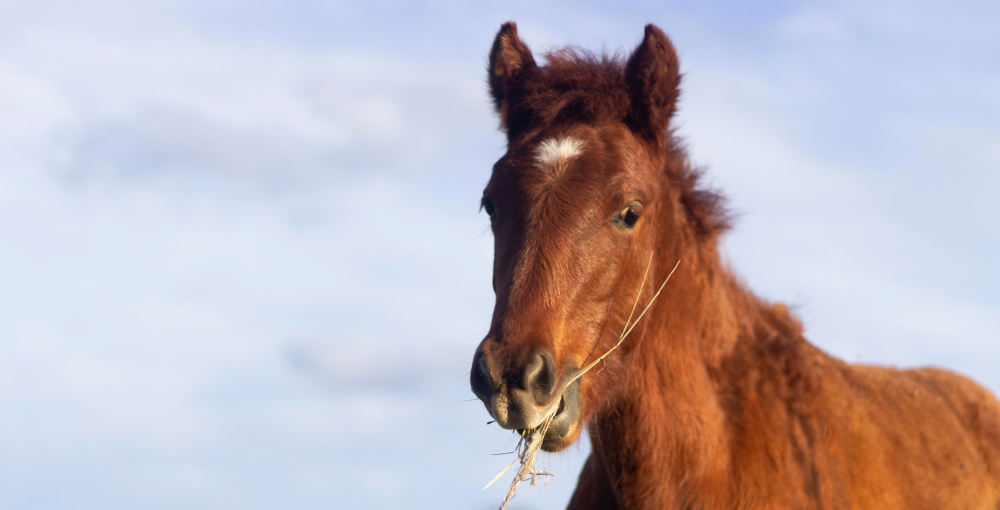
What Do Wild Horses Eat- ...
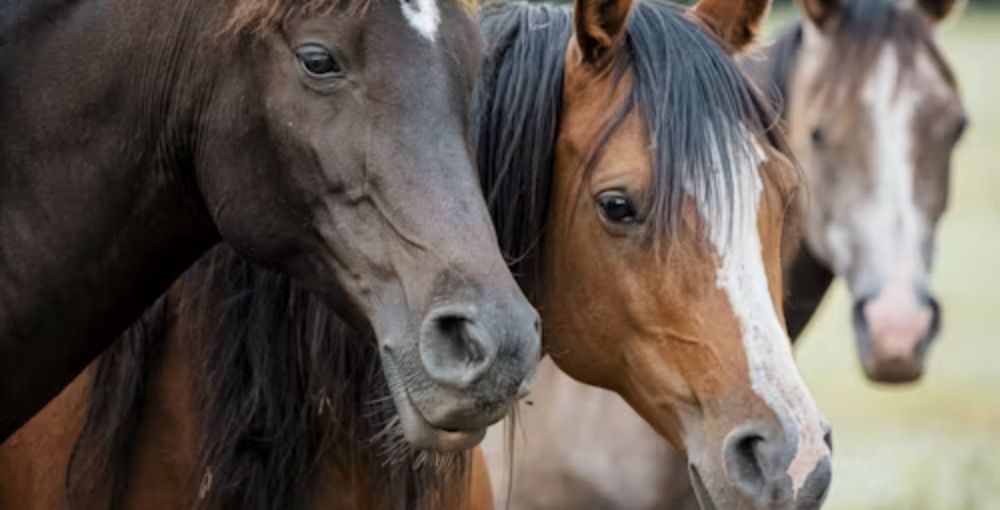
Horse Breeds and Characteristics: How ...
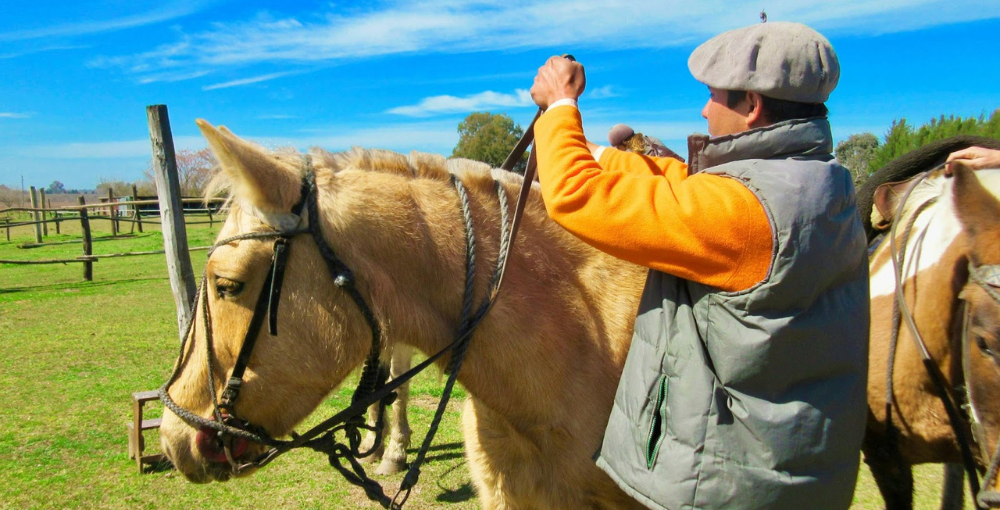
Best Barrel Racing Reins - Top ...

Horse Breeds and Characteristics: How ...
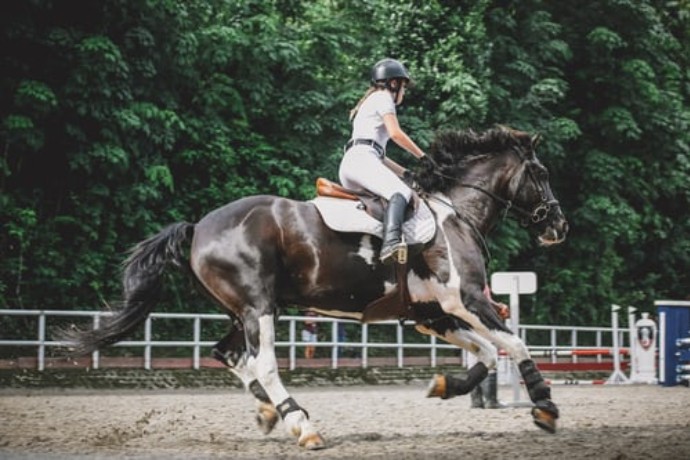
Best Breeches For Curvy Riders...
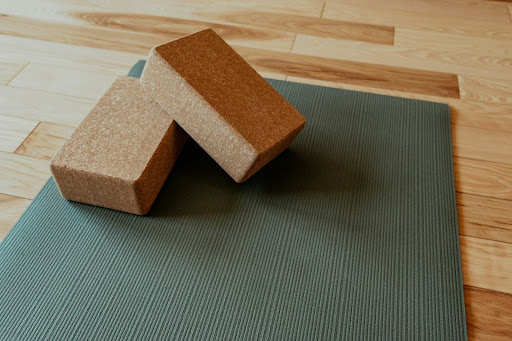
Best Stall Mats For Horses - ...

Best Horse Brushes ( A Thread ...

Best Saddle Rack ( Keep Your ...

Best Bit For Training a ...
.jpg)
10 Morgan Horse Show Held ...
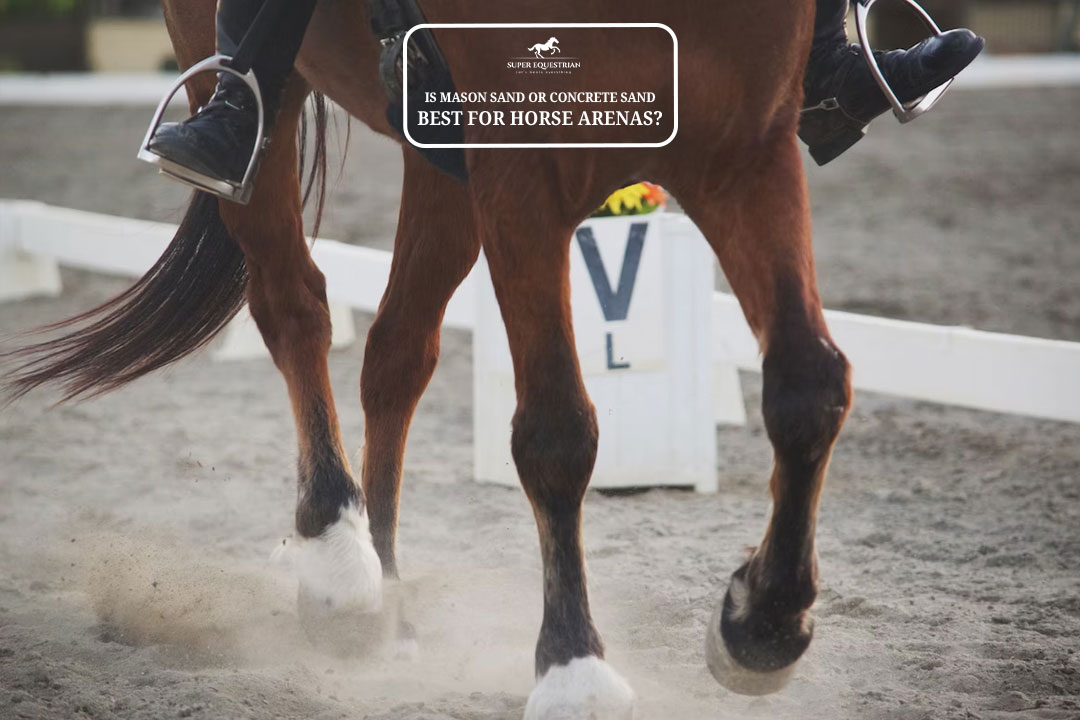
Is Mason Sand Or Concrete ...
.jpg)
Best Girth For Your Horse ...
.jpg)
Ranch Cutter vs Cowhorse Saddle? ...
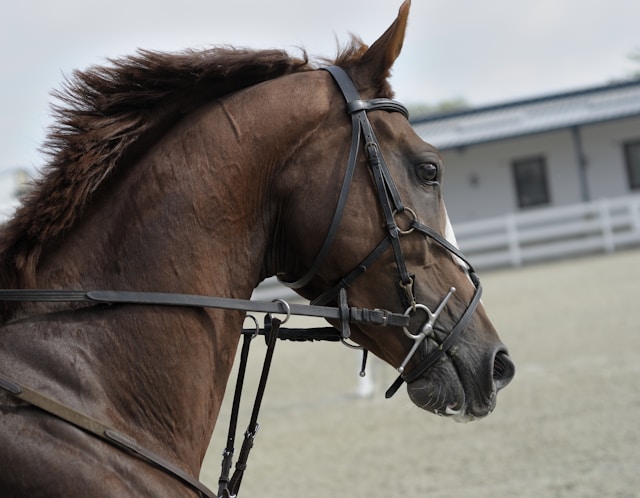
Types of Horse Bit and ...
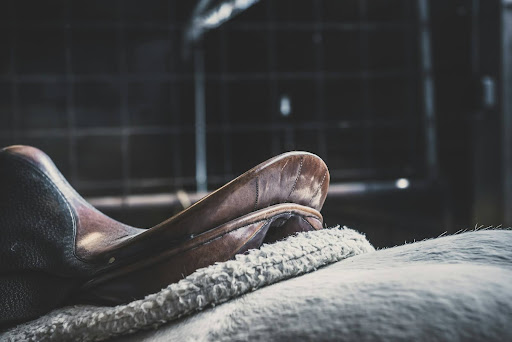
Is Hilason a Good Saddle ...
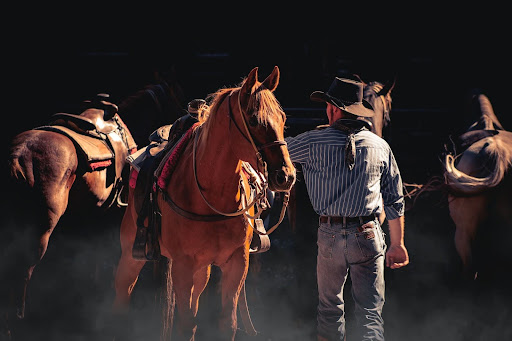
How to choose a bit ...
.jpg)
Best Salt Blocks For Horses...
.jpg)
Types of Horse Brushes (Equine ...
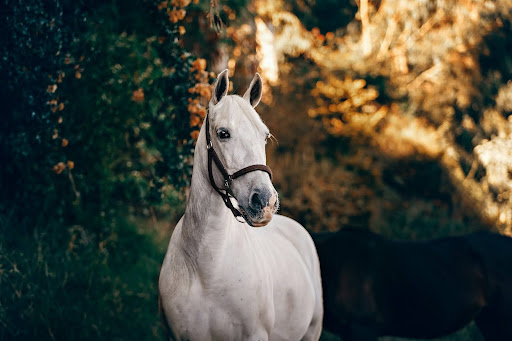
How To Get a Horse ...
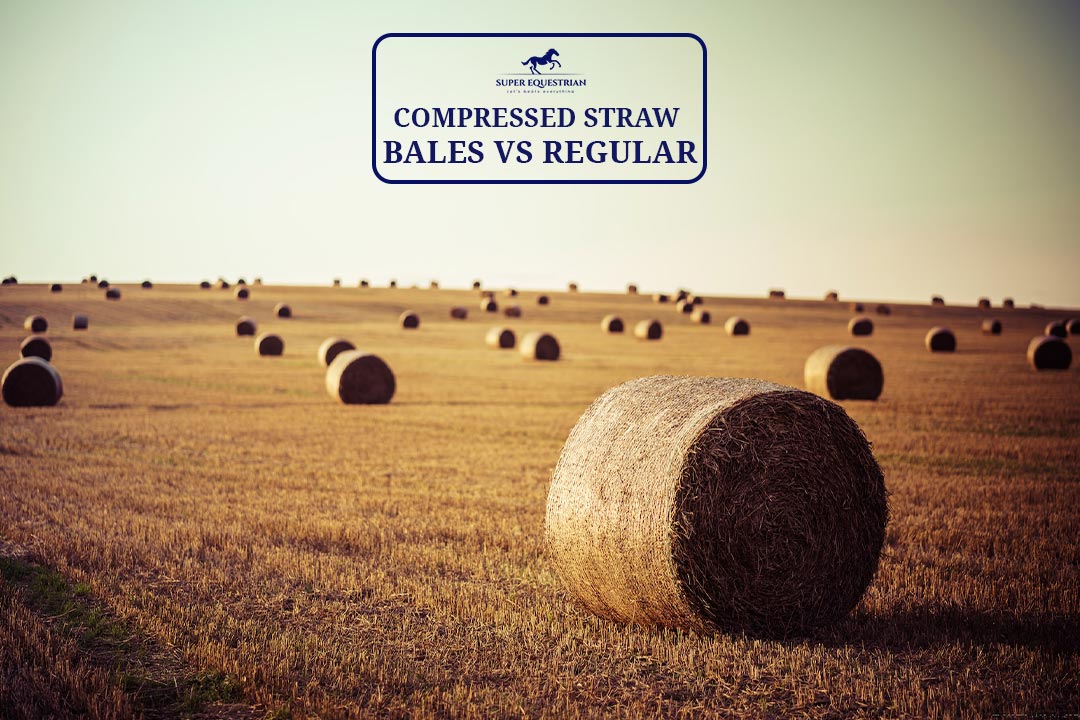
Compressed Straw Bales Vs Regular? ...
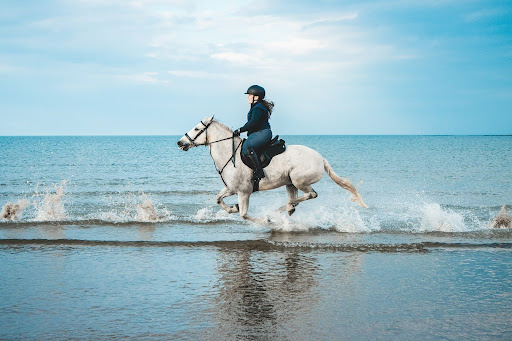
Horse Riding Lessons For Intermediate ...
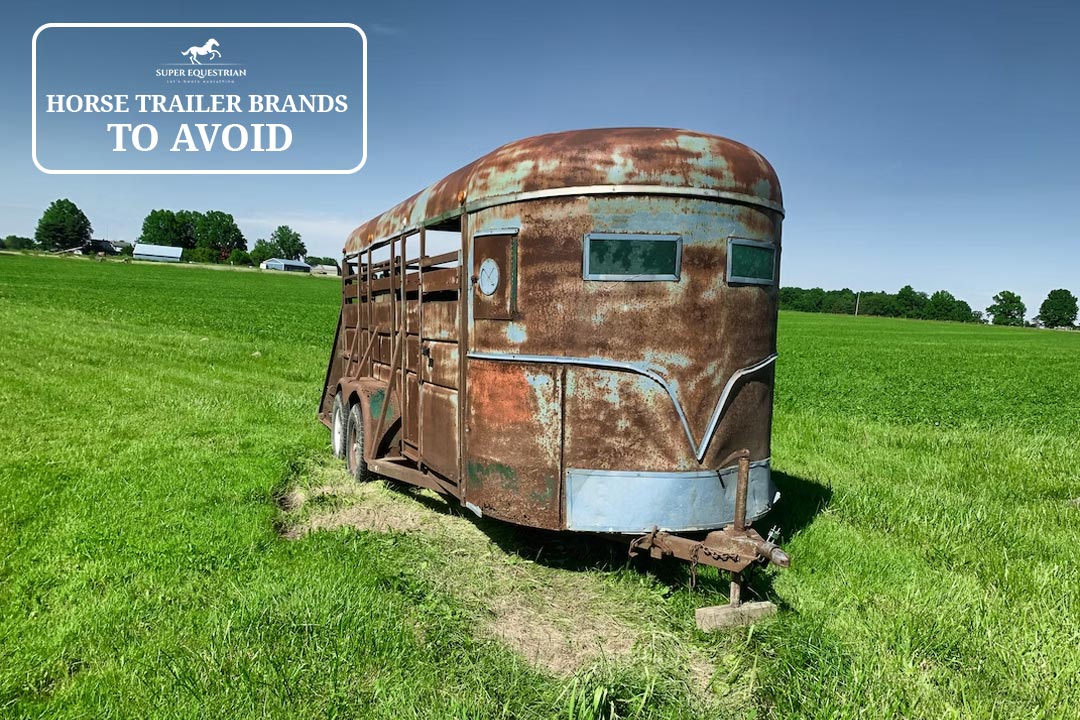
Horse Trailer Brands To Avoid...

Strawberry Roan vs Red Roan? ...
.jpg)
Gelding vs Stallion...
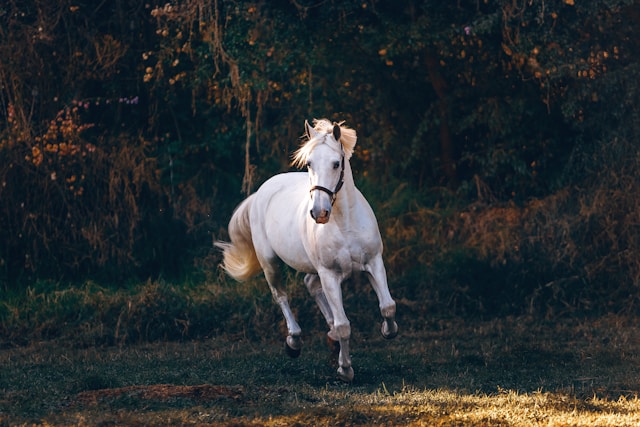
Why Does a Horse Whinny? ...
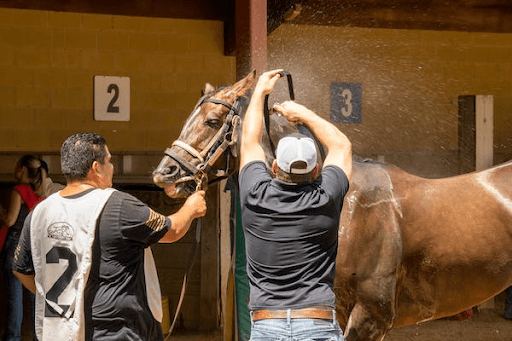
How to Clean a Rusty ...
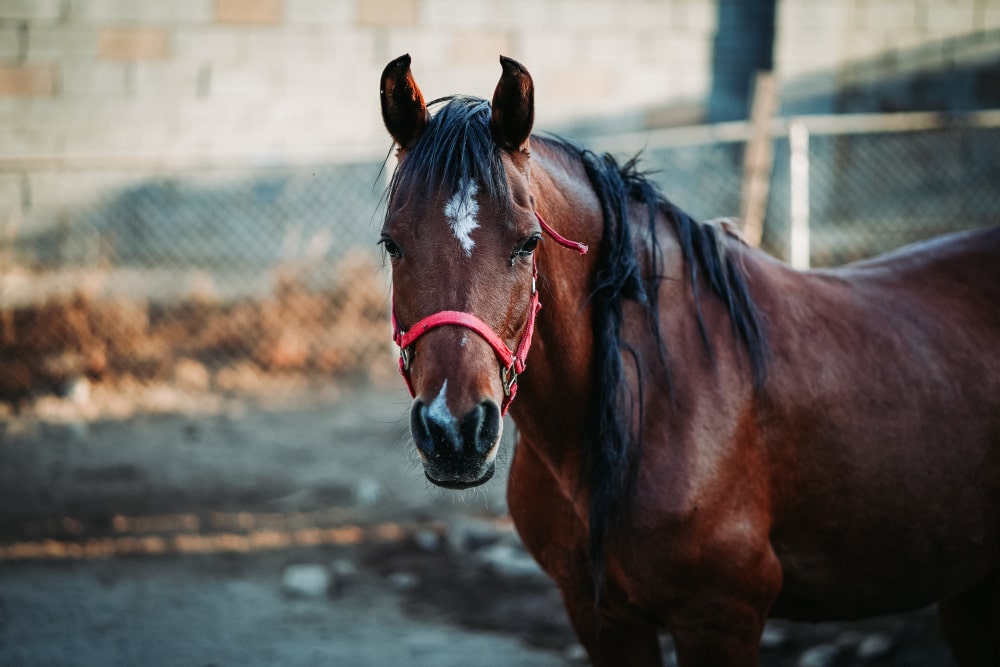
Why Do Horses Foam at ...
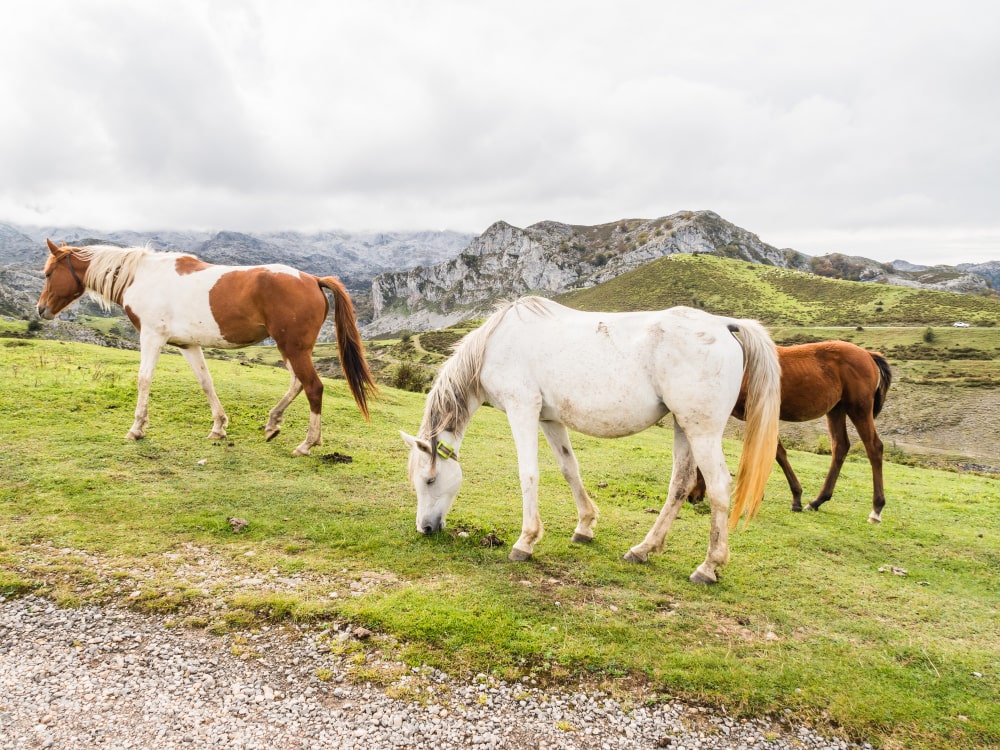
Why Do Horses Bob Their ...

Nutrition Unveiled: Triple Crown Senior ...
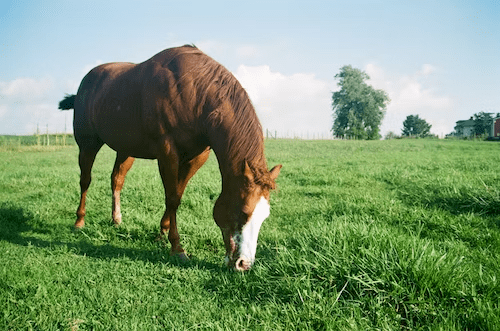
Pasture Pro Vs. Grazon: Horse-...
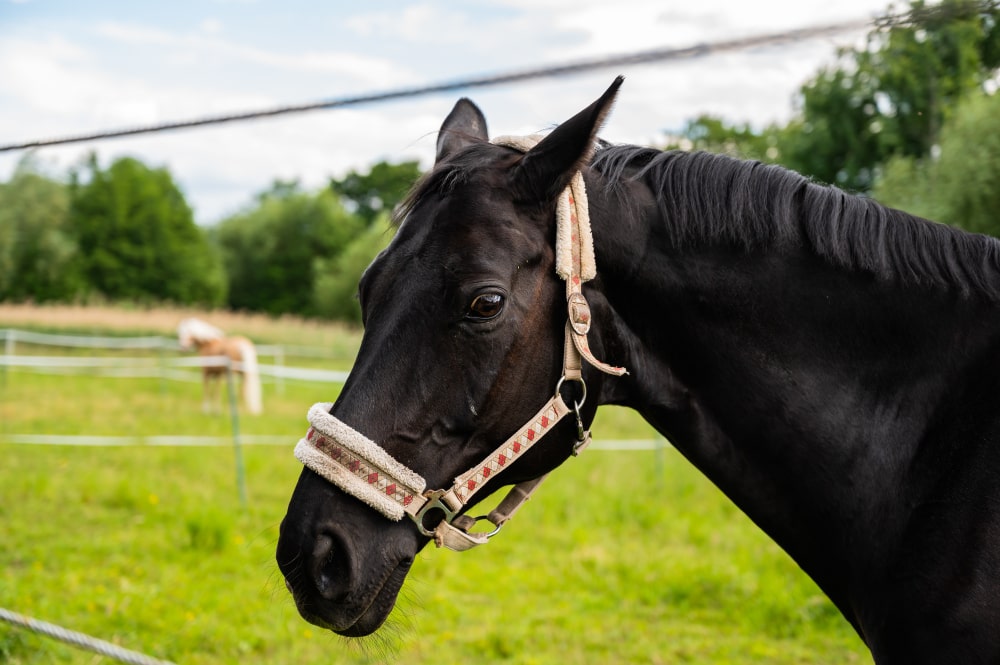
Dutch Gag Vs. Pelham: Bits ...
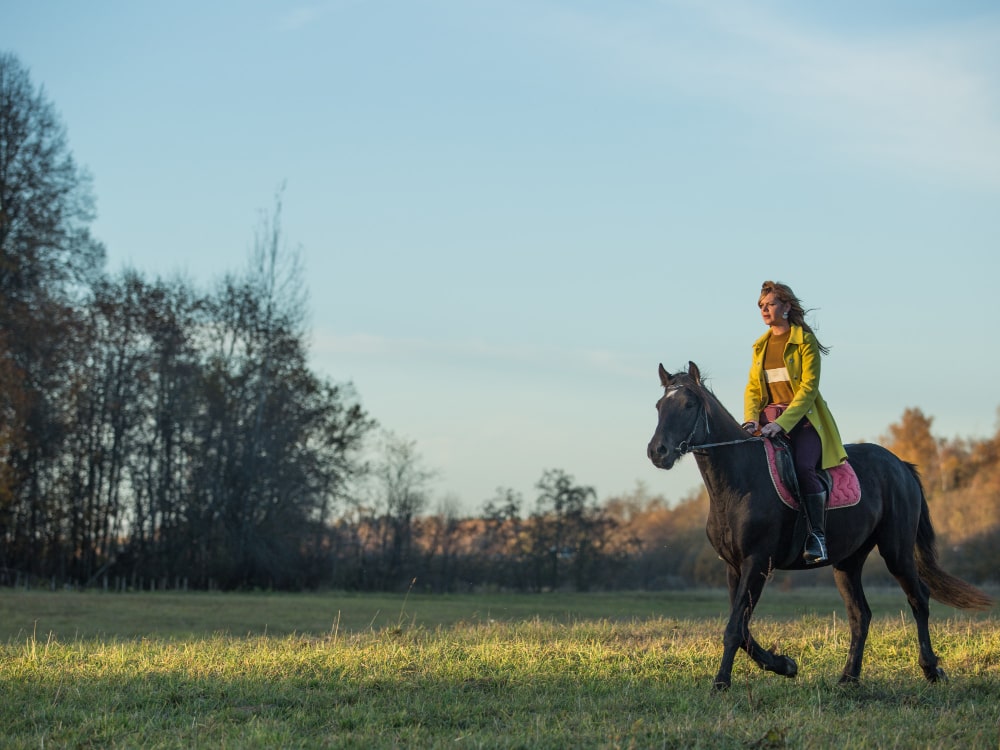
Walking Horse vs Racking Horse: ...
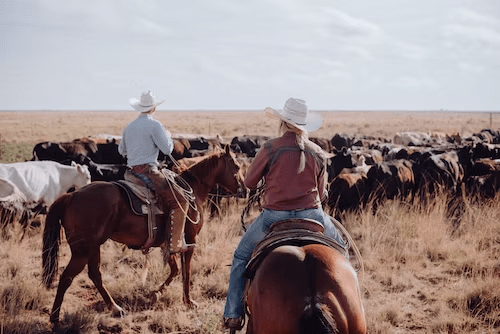
Wade vs Association Saddle: Your ...
.jpg)
Step Up vs Ramp Horse ...

Bosal vs Hackamore: A Head-...
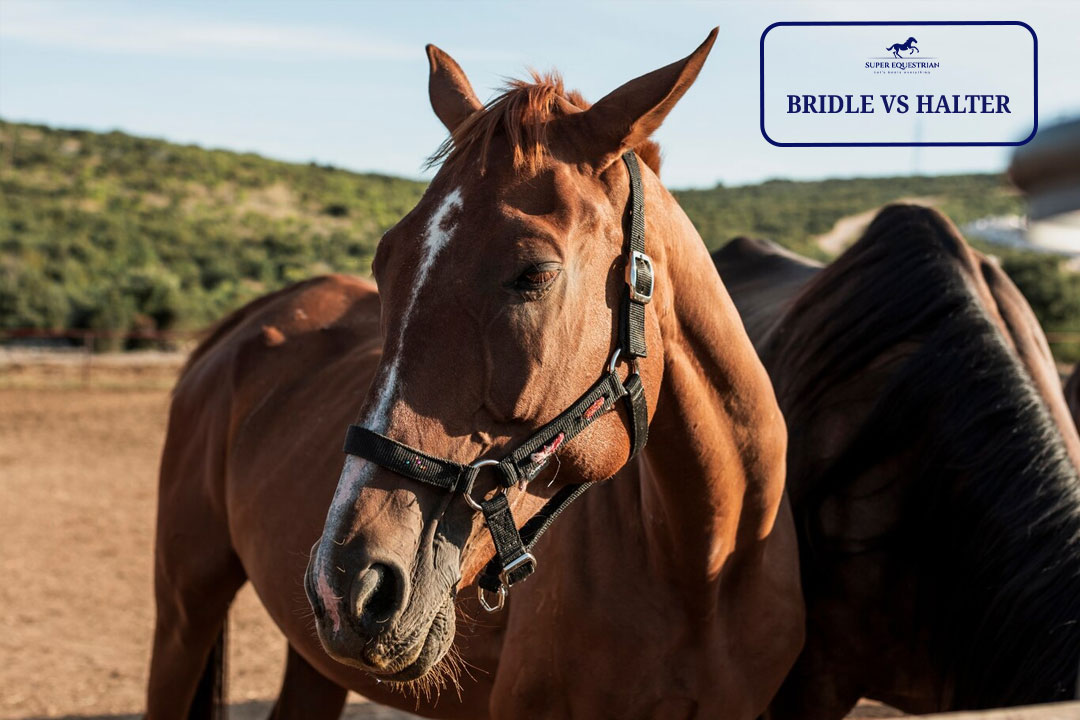
Bridle Vs Halter: Which One ...

Paddock Boots Vs Riding Boots: ...

Shadow Horse Trailer Problems: Causes, ...
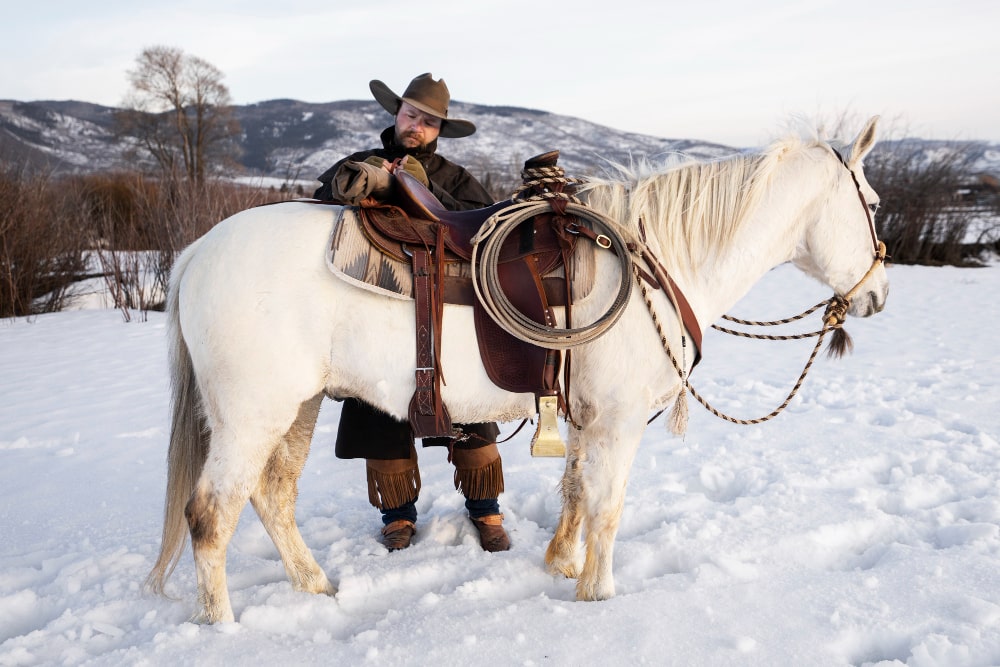
Are Billy Cook Saddles Good - ...

Let's Start at the ...
Benefits of Beet Pulp for ...
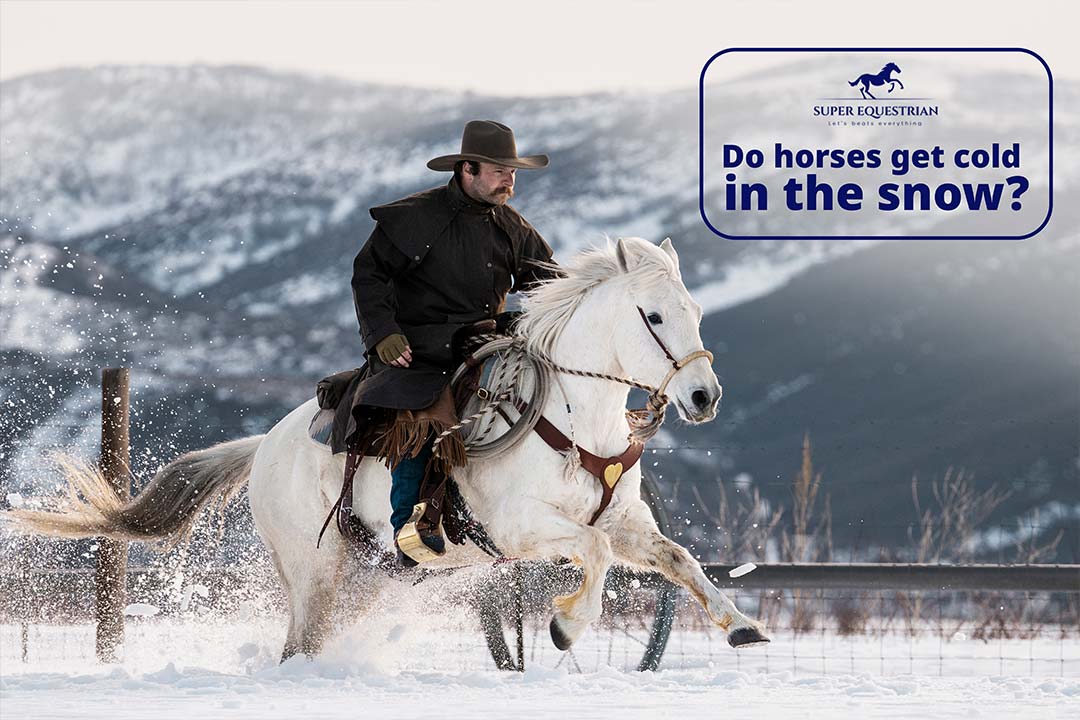
Do horses get cold in ...
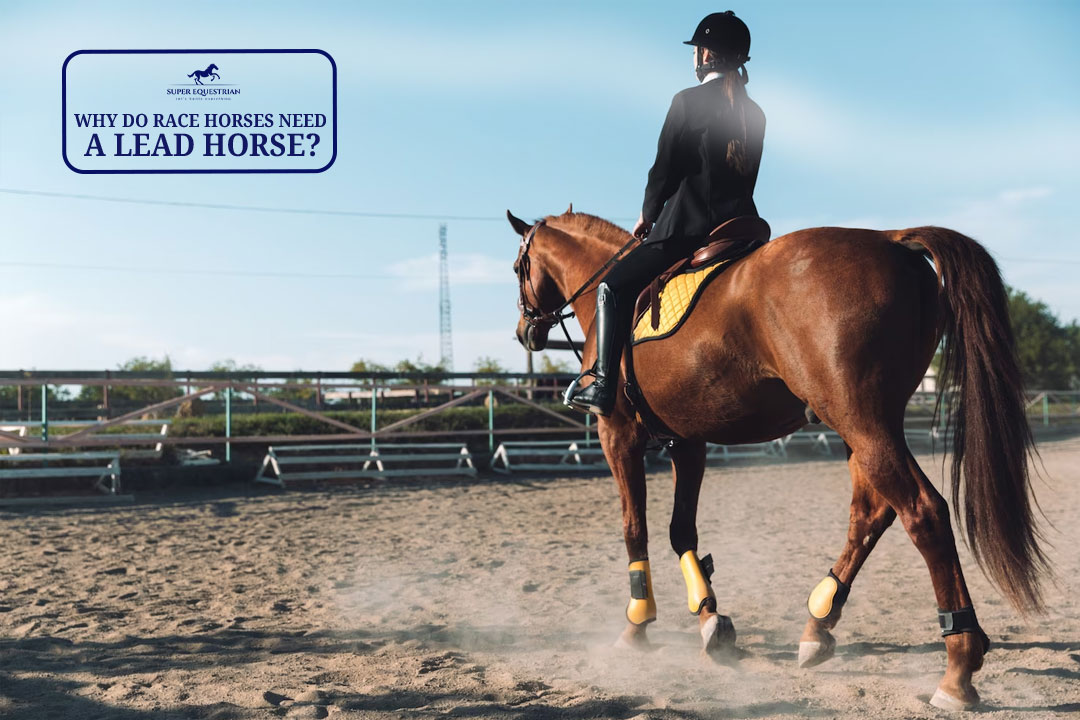
Why Do Race Horses Need ...
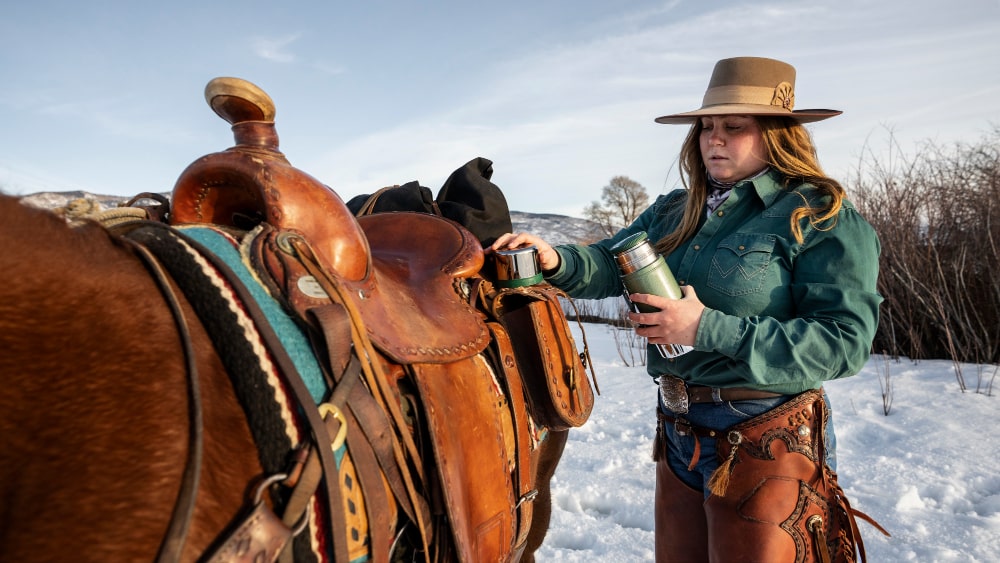
Ranch Saddle vs. Roping Saddle: ...

Round Pen vs Square Pen ...

Must Have Horse Trailer Accessories: ...
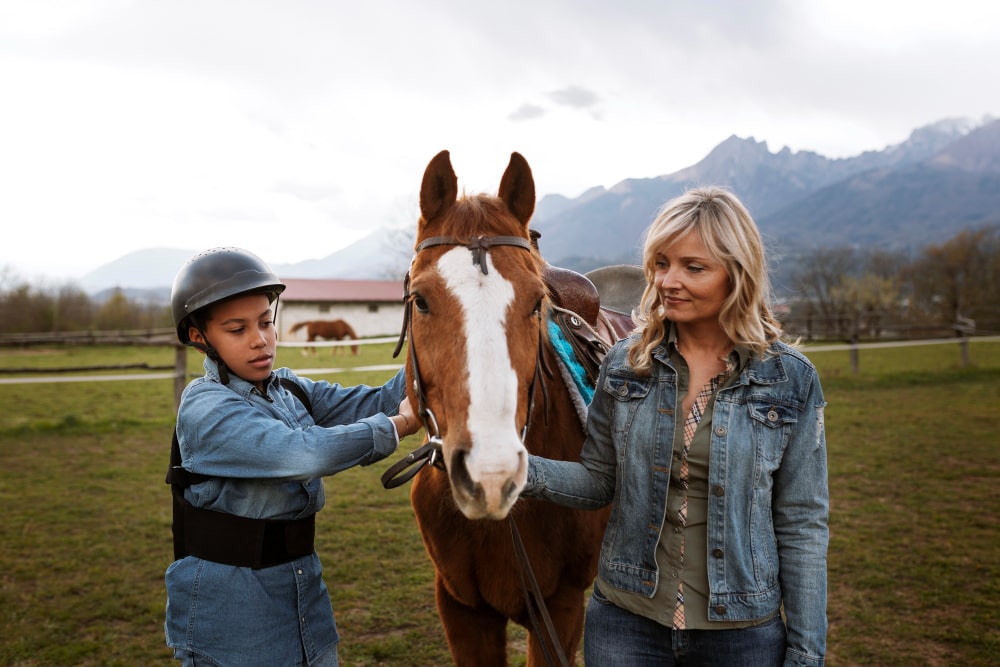
Is MIPS Worth for Equestrian?...
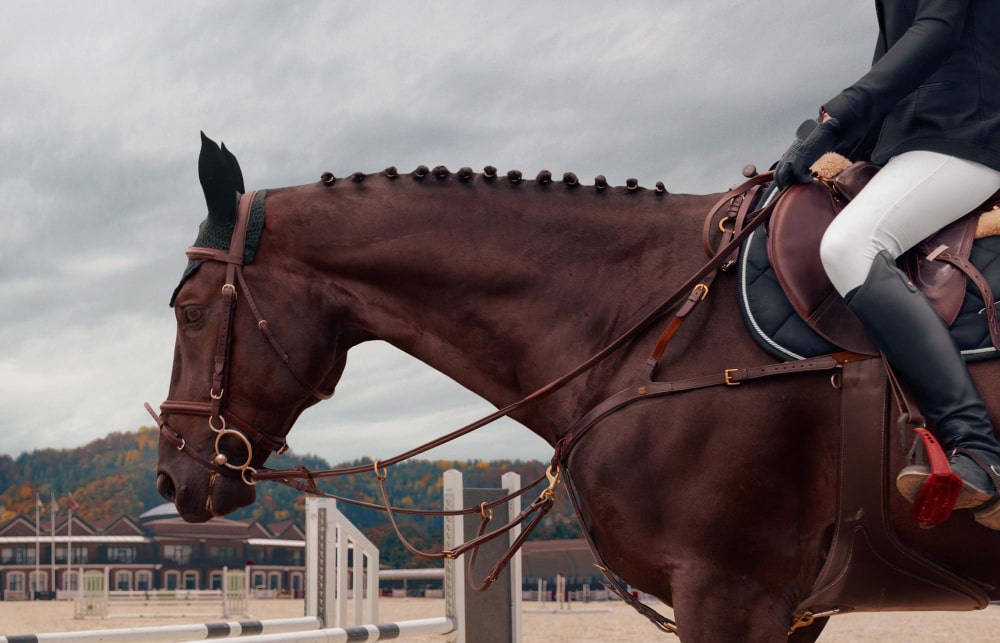
Natural Horsemanship vs Positive Reinforcement: ...

How to Mount a Horse ...
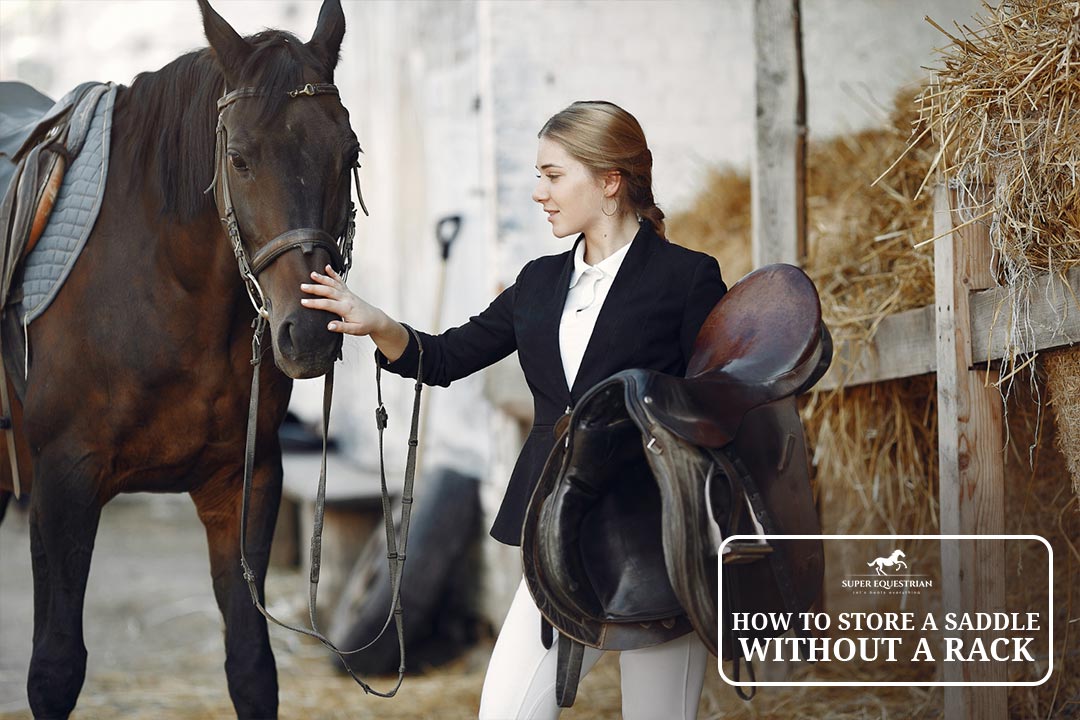
How to Store a Saddle ...
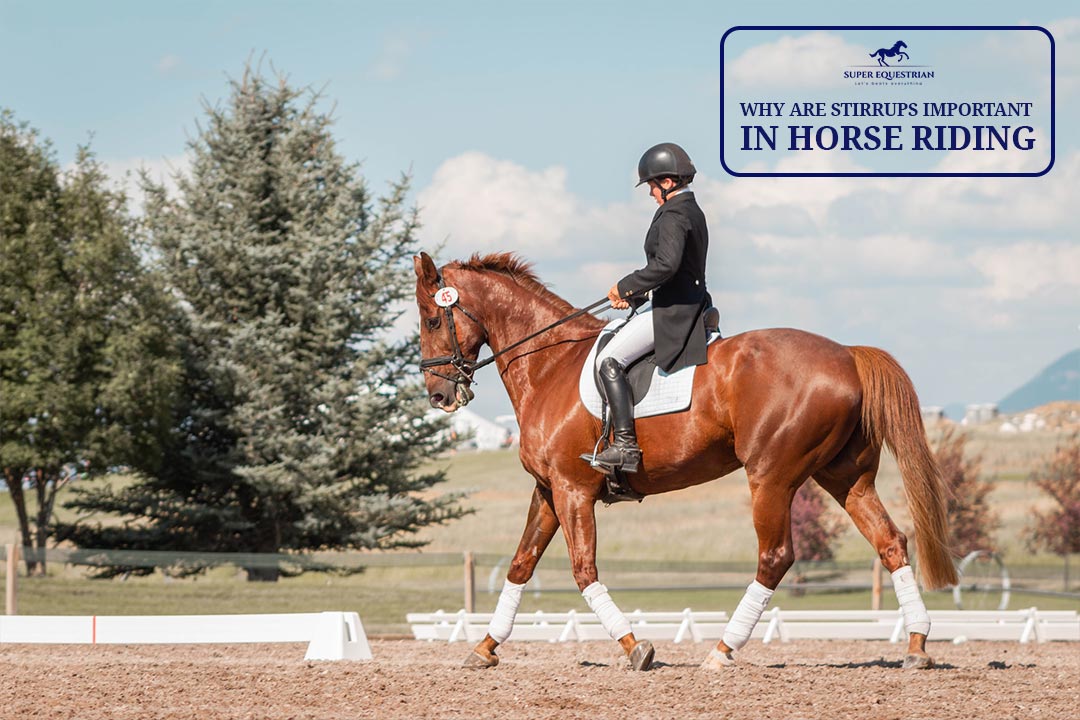
Why are Stirrups Important in ...
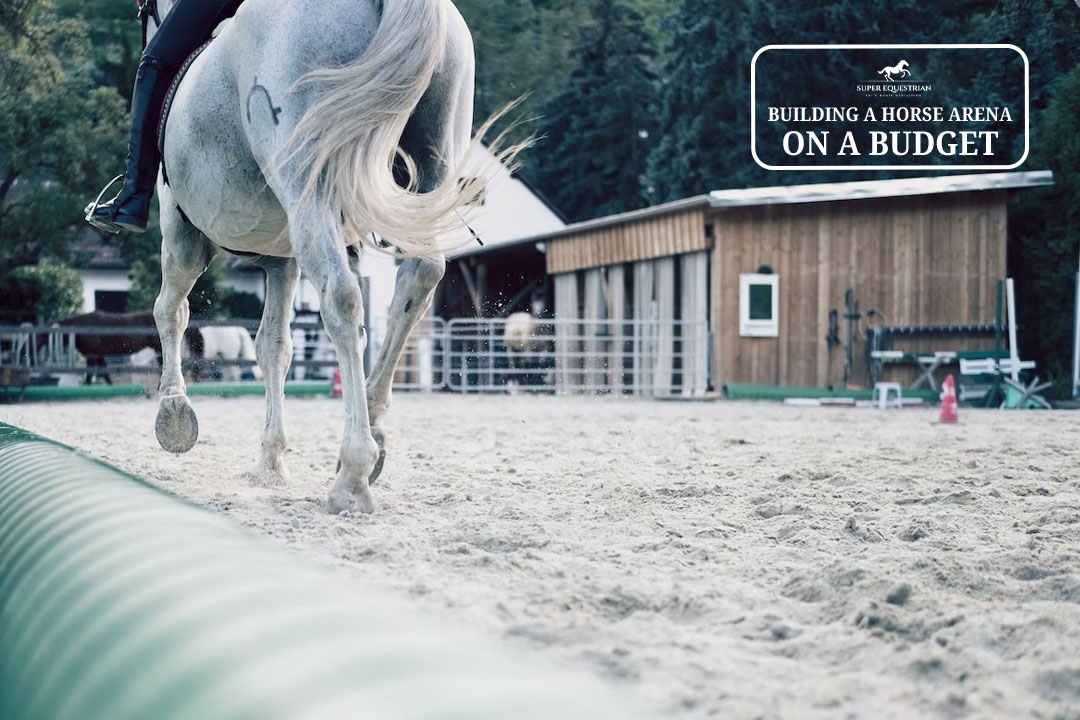
Building a Horse Arena on ...

How to Make Horse Treats ...

Order of Grooming a Horse...

Horse Riding Lessons Plan: The ...

Horse Trailer Roof Replacement and ...
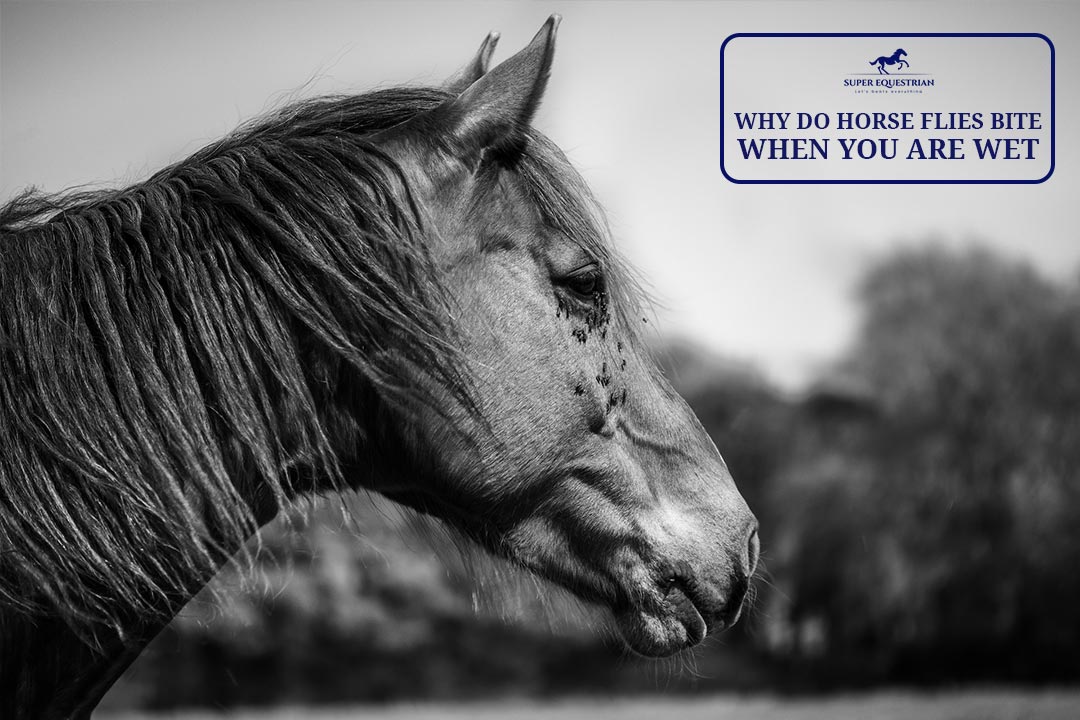
Why Do Horse Flies Bite ...

Why Do Hancock Bred Horses ...

Quarter Horse Bloodlines to Avoid...
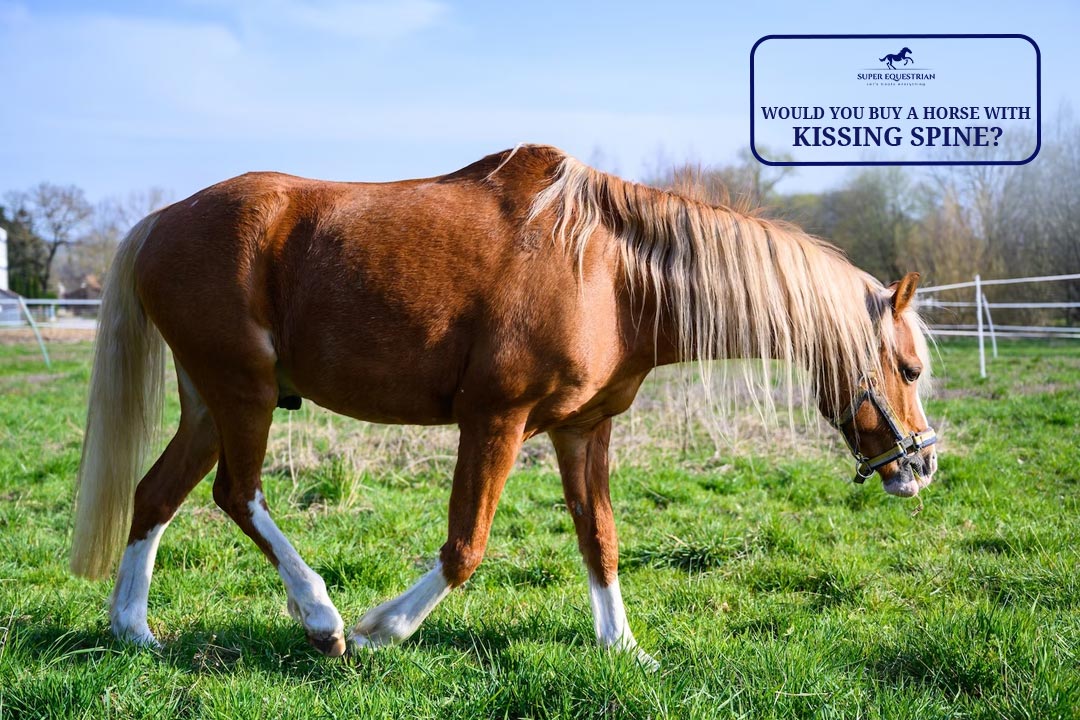
Would You Buy a Horse ...
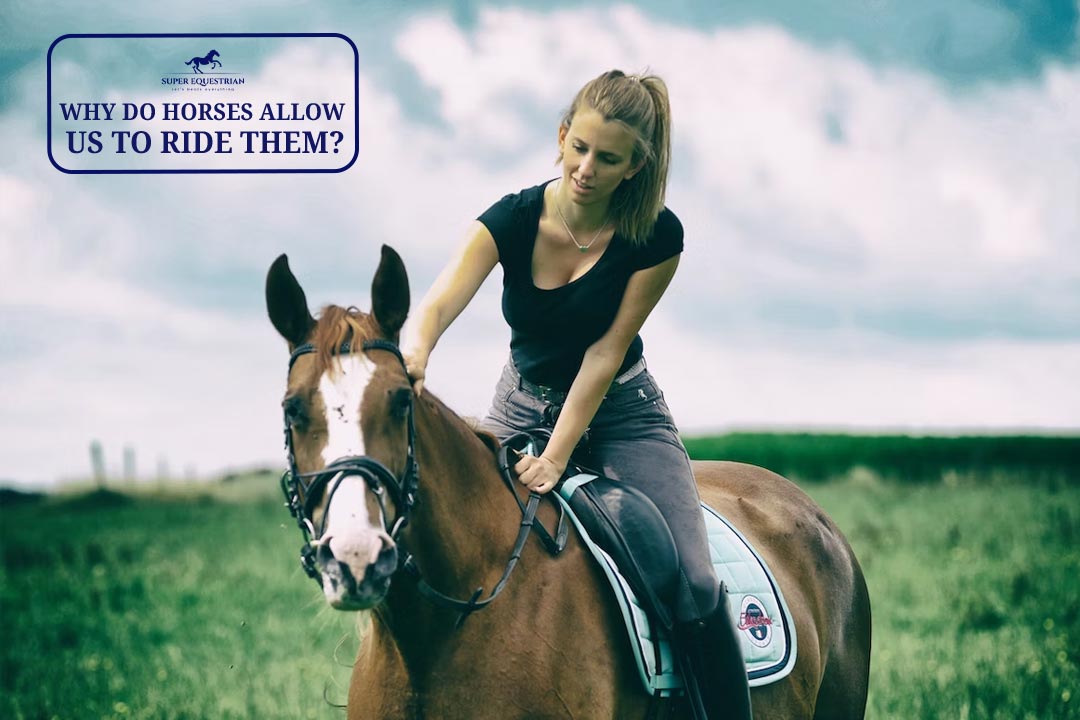
Why Do Horses Allow Us ...
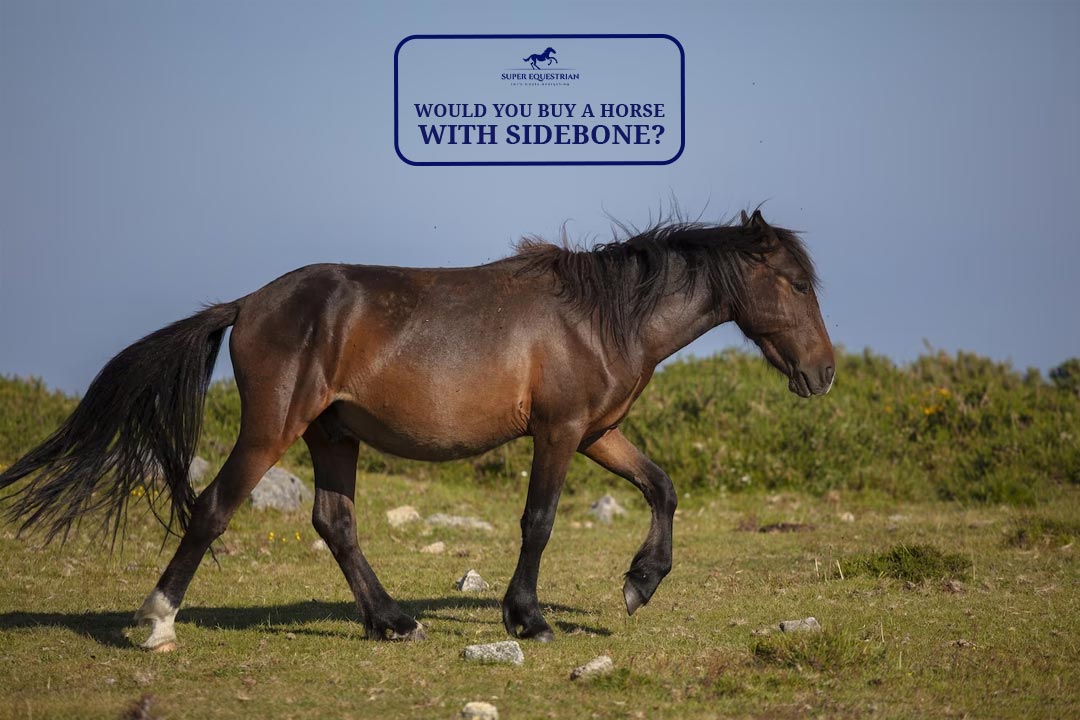
Would you buy a horse ...

Why Are Klapper Bits So ...
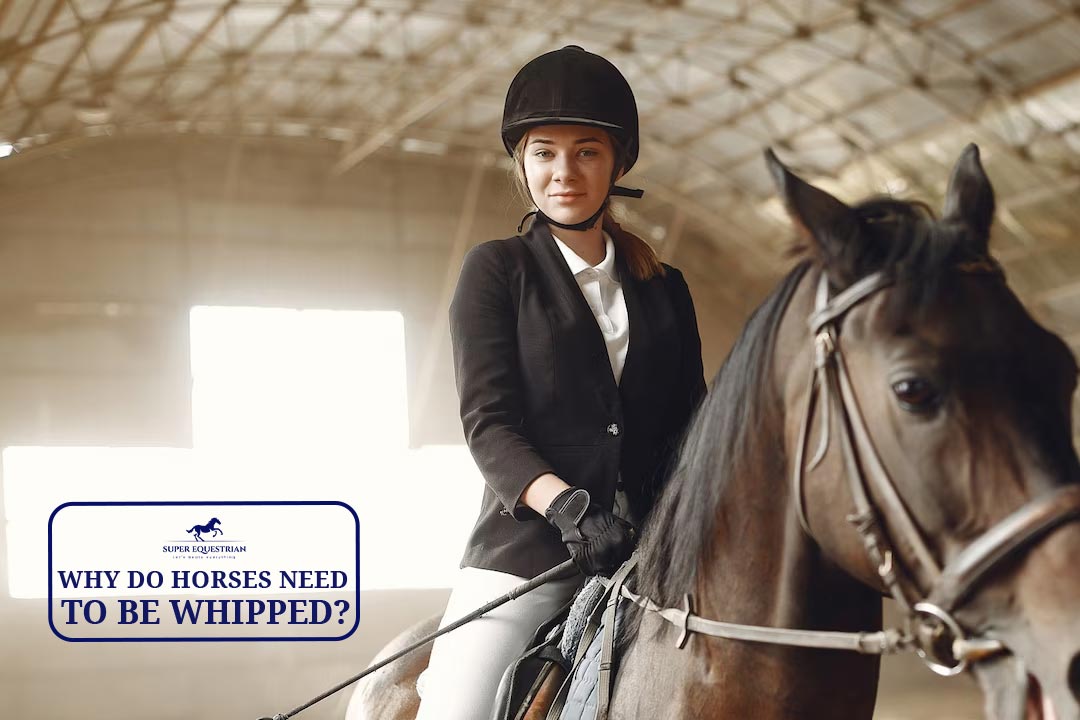
Why do horses need to ...

Why do you mount a ...
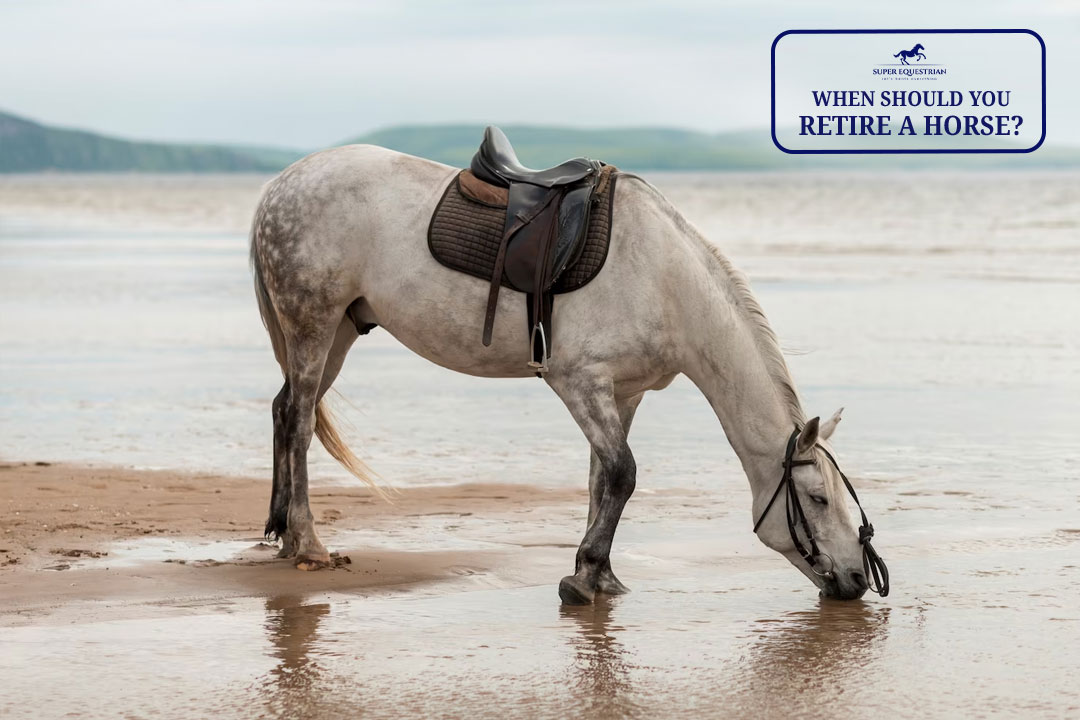
When Should You Retire A ...
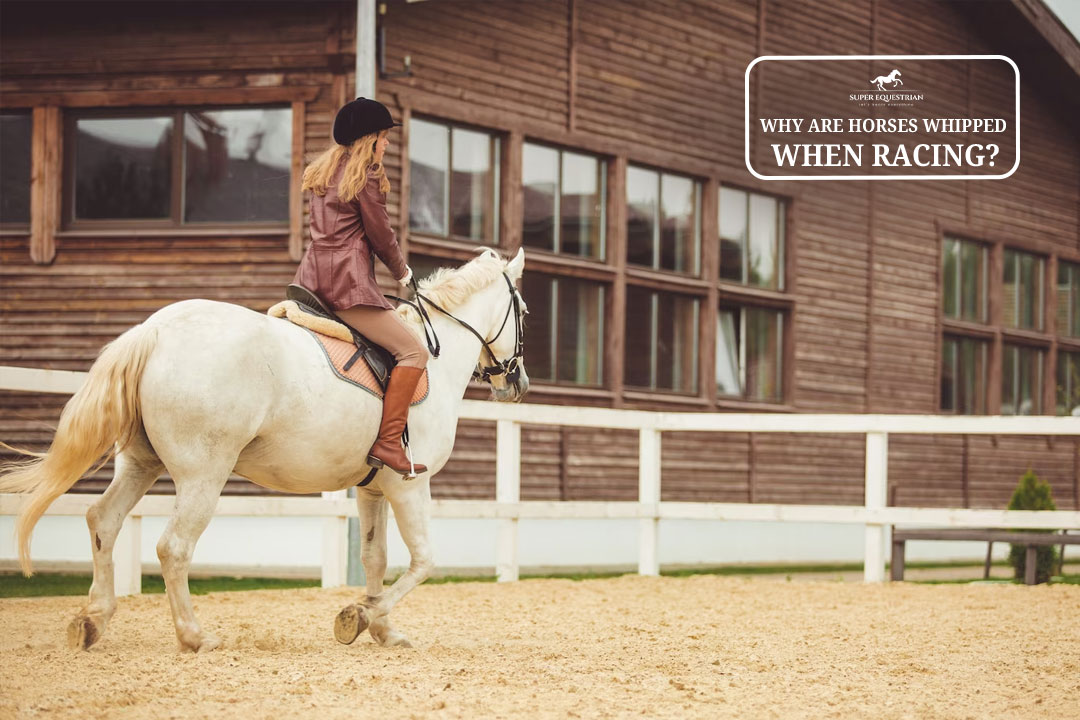
Why Are Horses Whipped When ...
.jpg)
Why Do Horses Have A ...
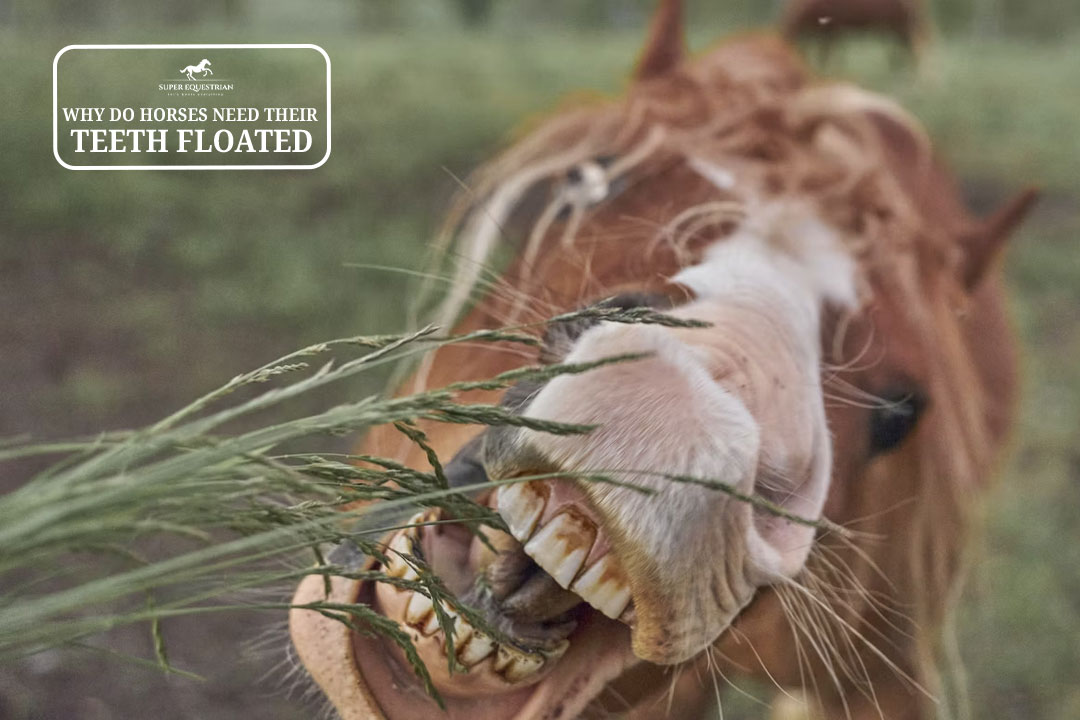
Why Do Horses Need Their ...

What To Do If Horse ...

What To Do If A ...
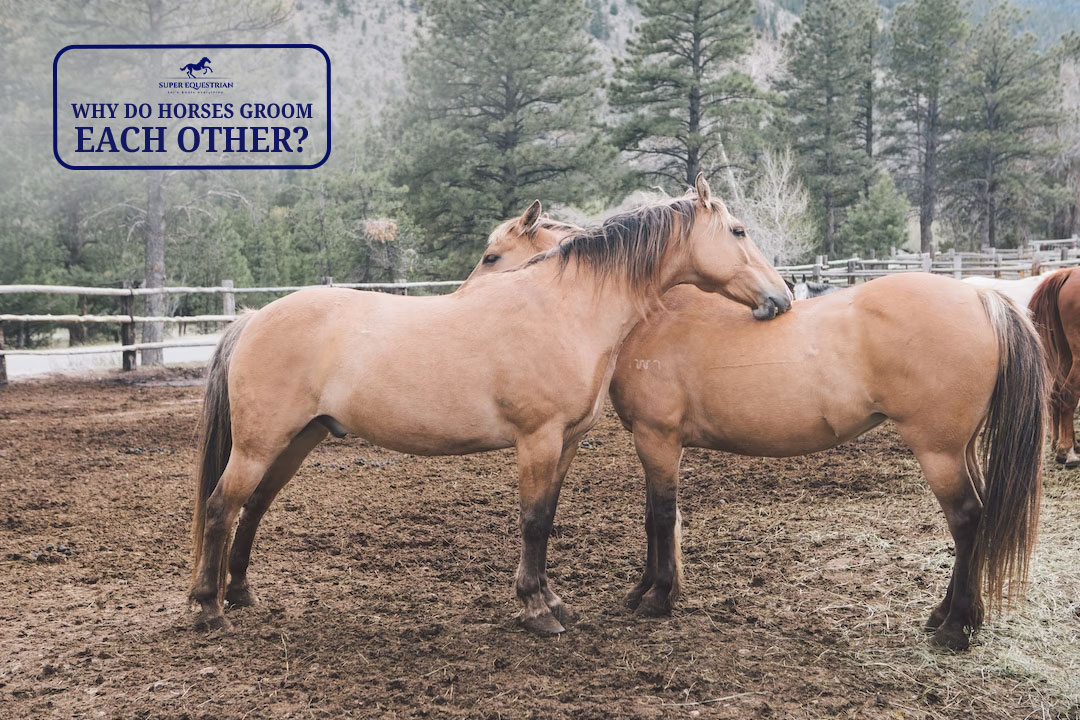
Why do horses groom each ...
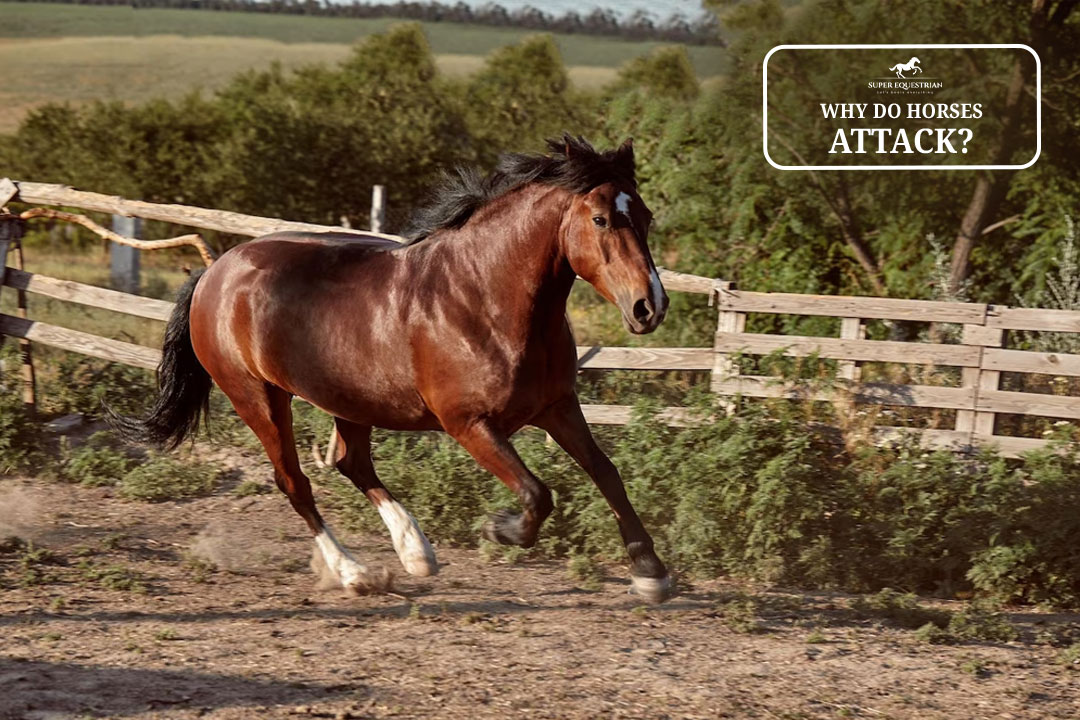
Why do horses attack...

Should I Use a Martingale ...

How to fit bell boots ...
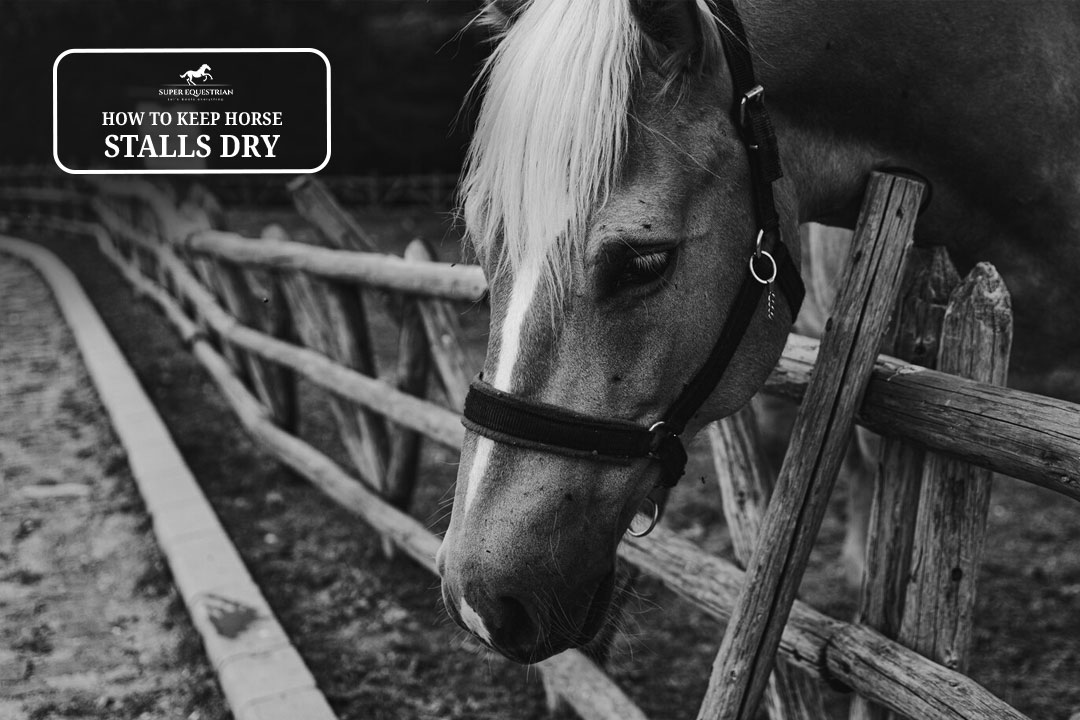
How To Keep Horse Stalls ...
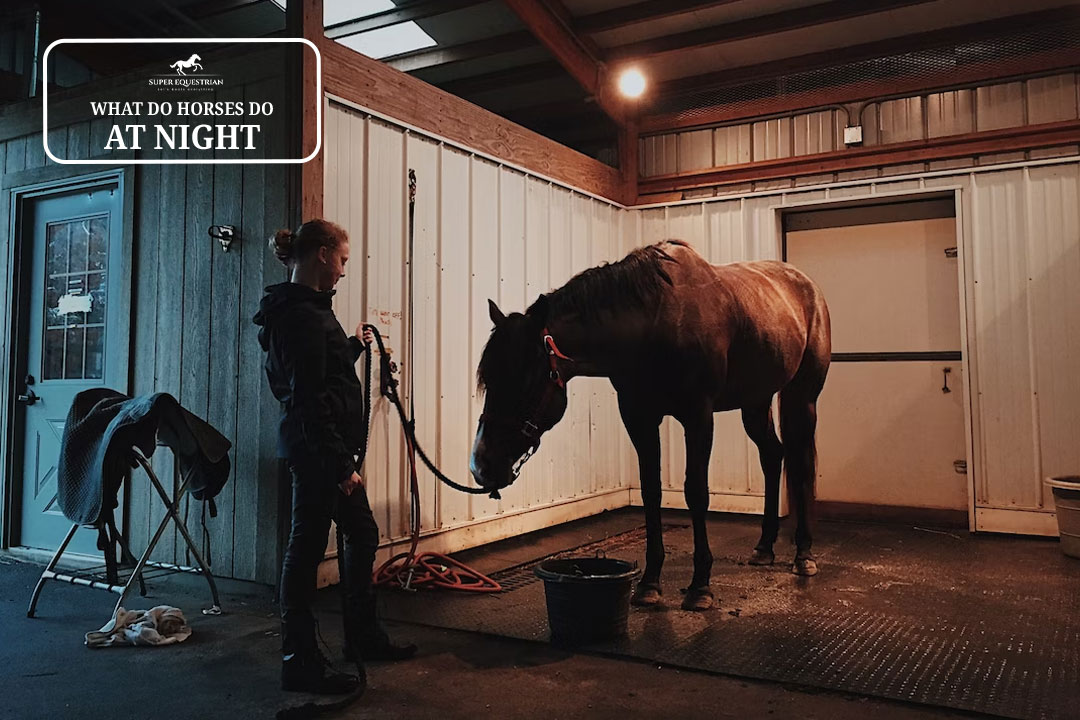
What Do Horses Do At ...
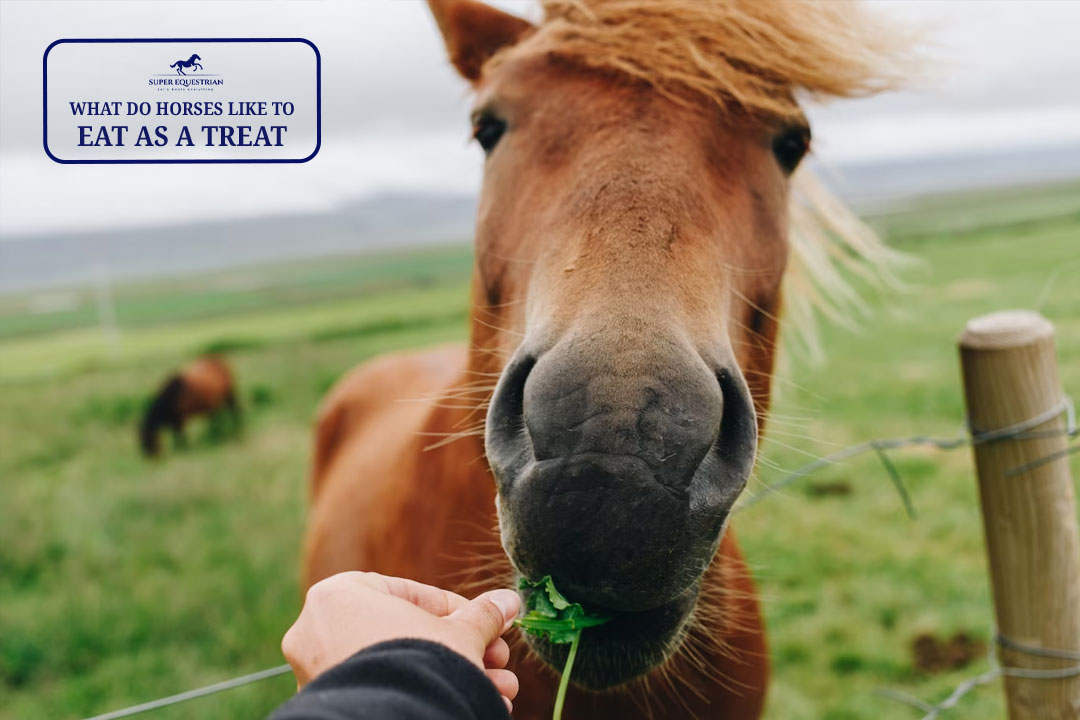
What do horses like to ...

Why do wild horses get ...
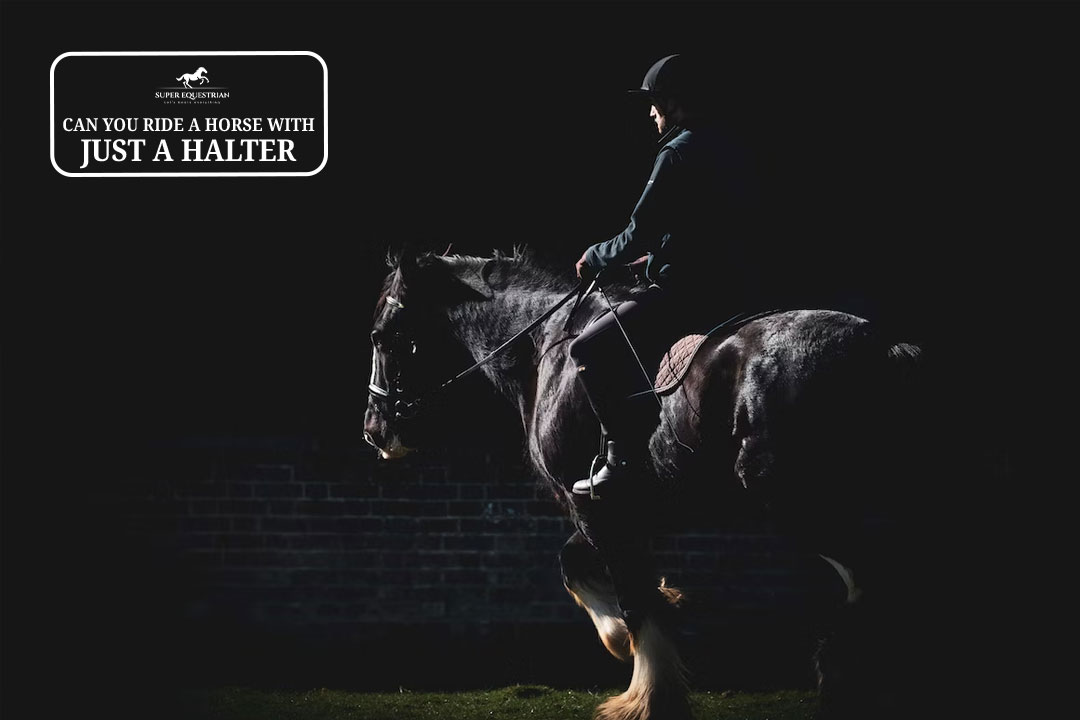
Can you ride a horse ...
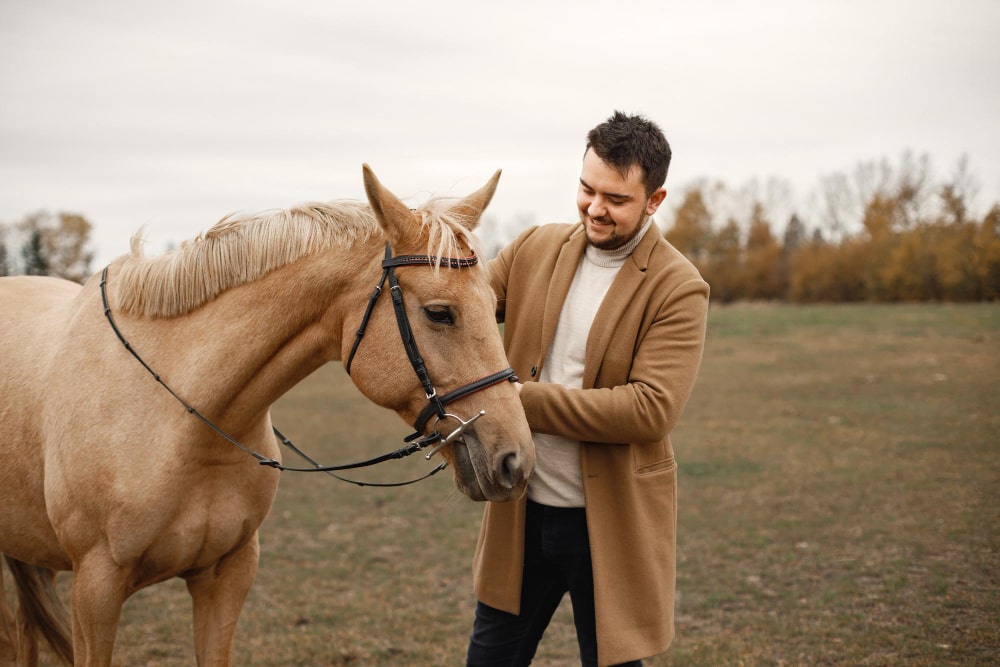
Are horses protective of their ...
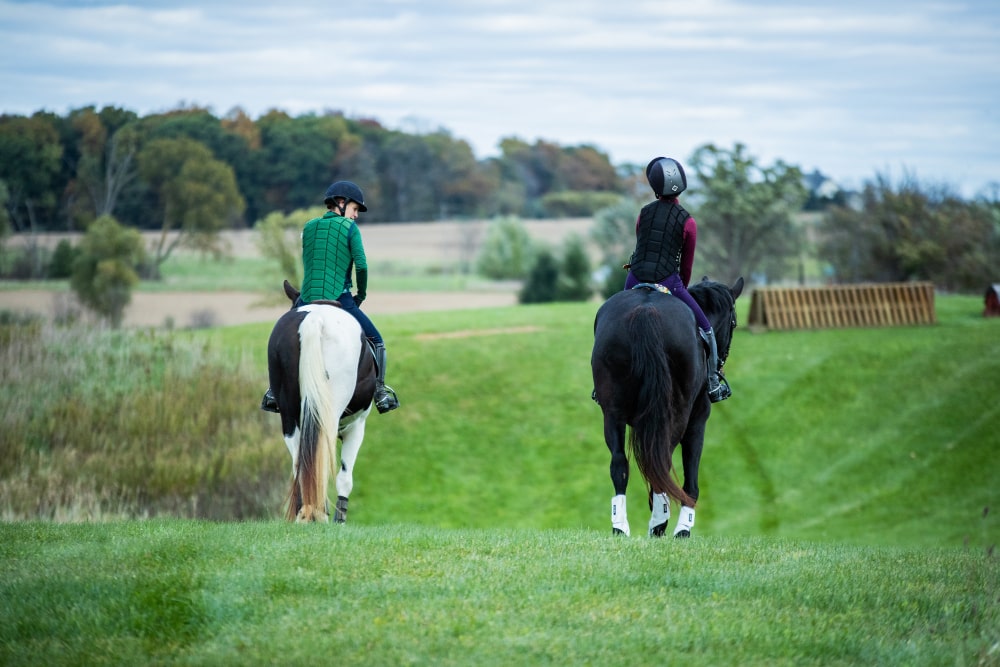
Why racking horses are popular ...
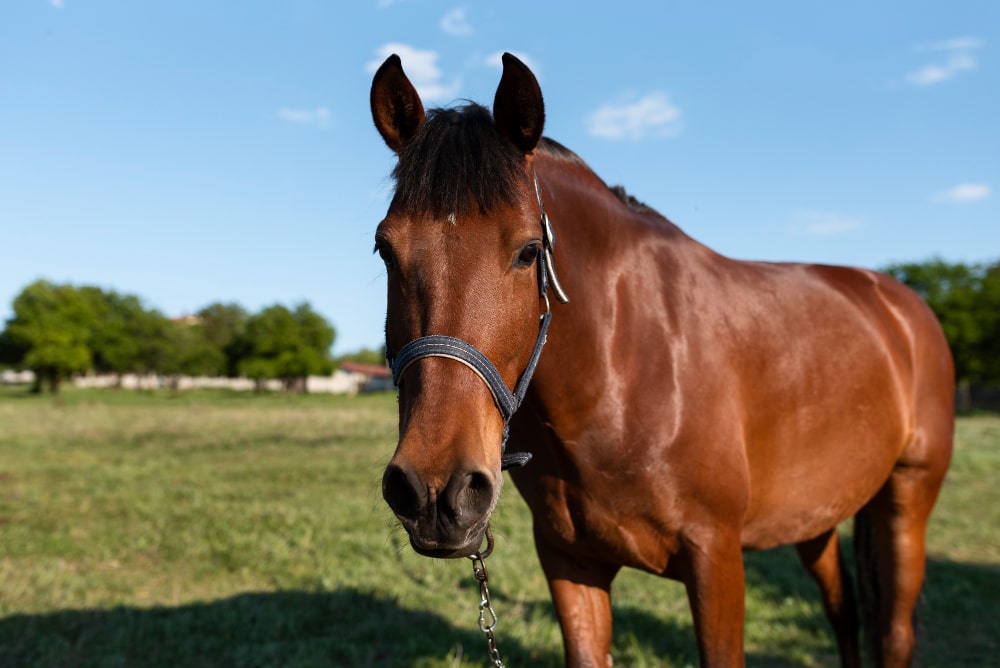
How To Keep Horses Off ...
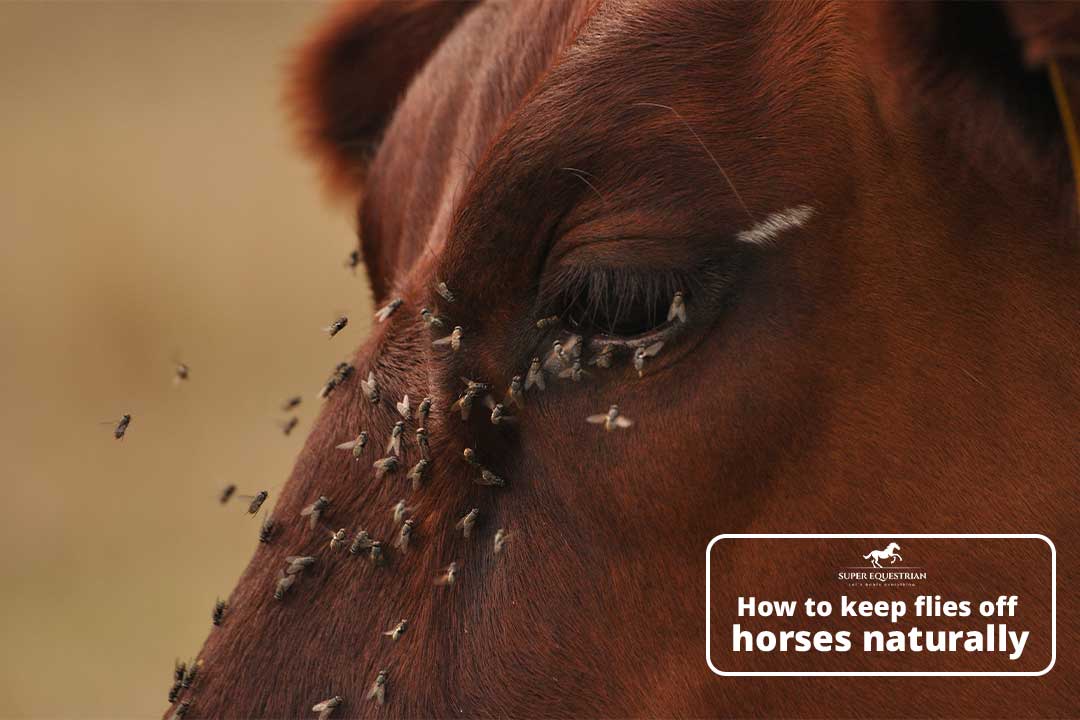
How to Keep Flies Off ...
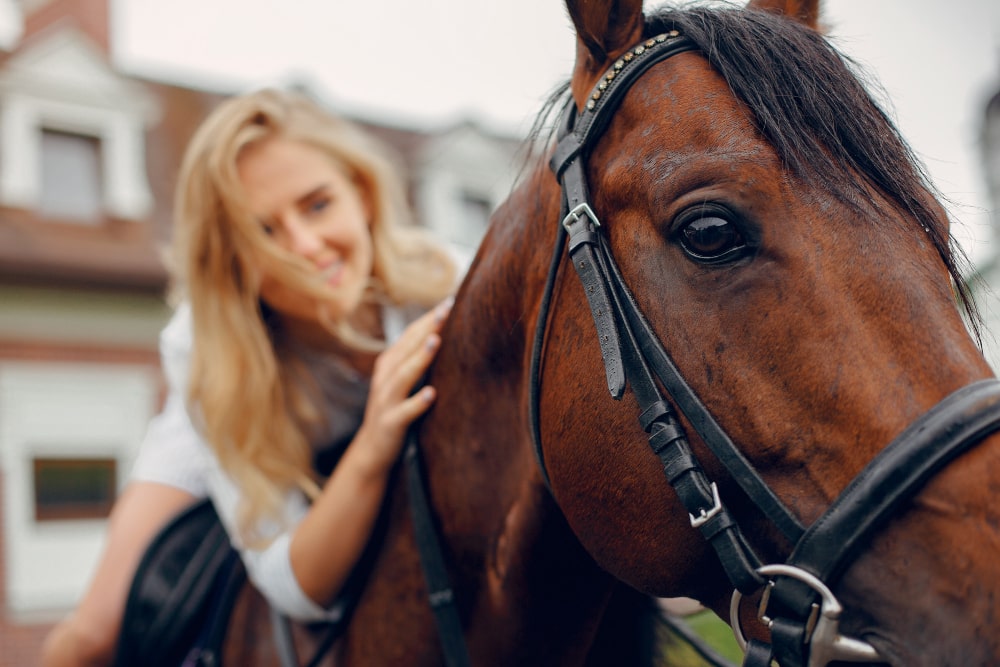
Pros and Cons Using A ...
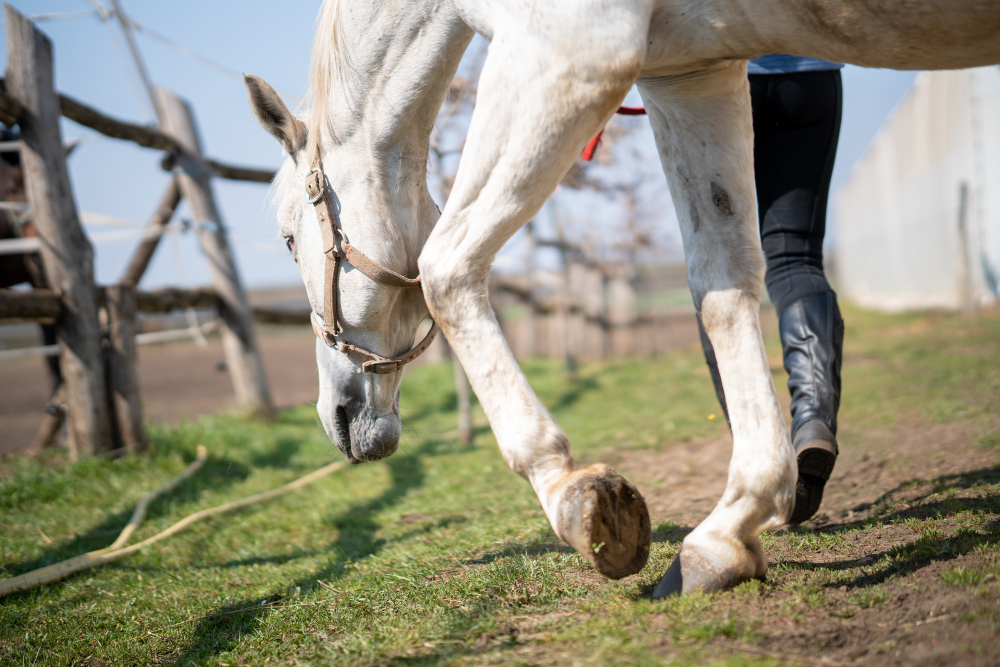
Can you ride a horse ...

Why are Corriente saddles so ...
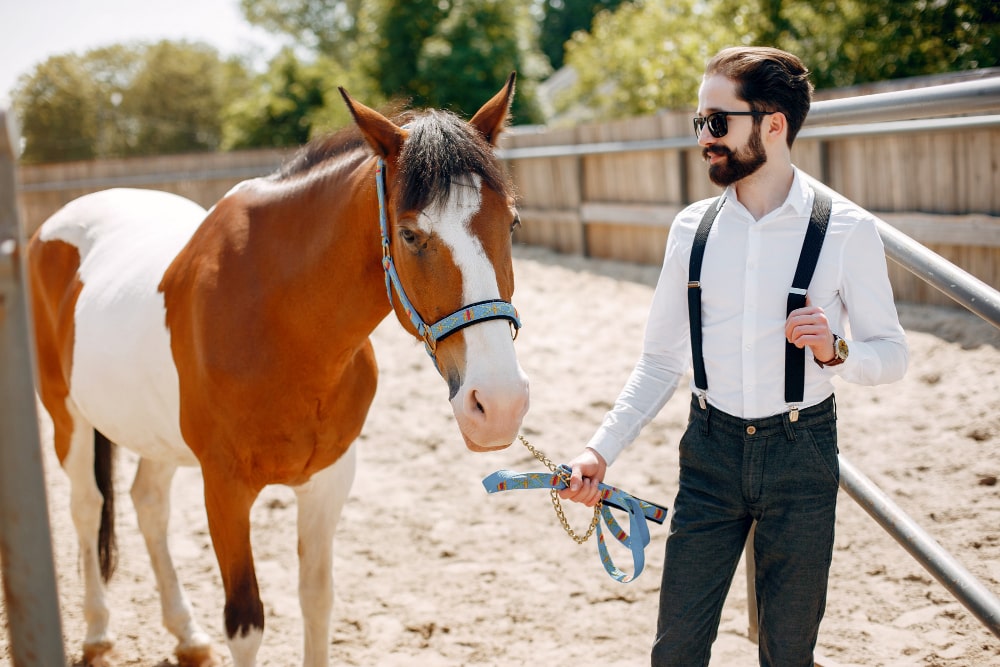
Pros and cons of equine ...
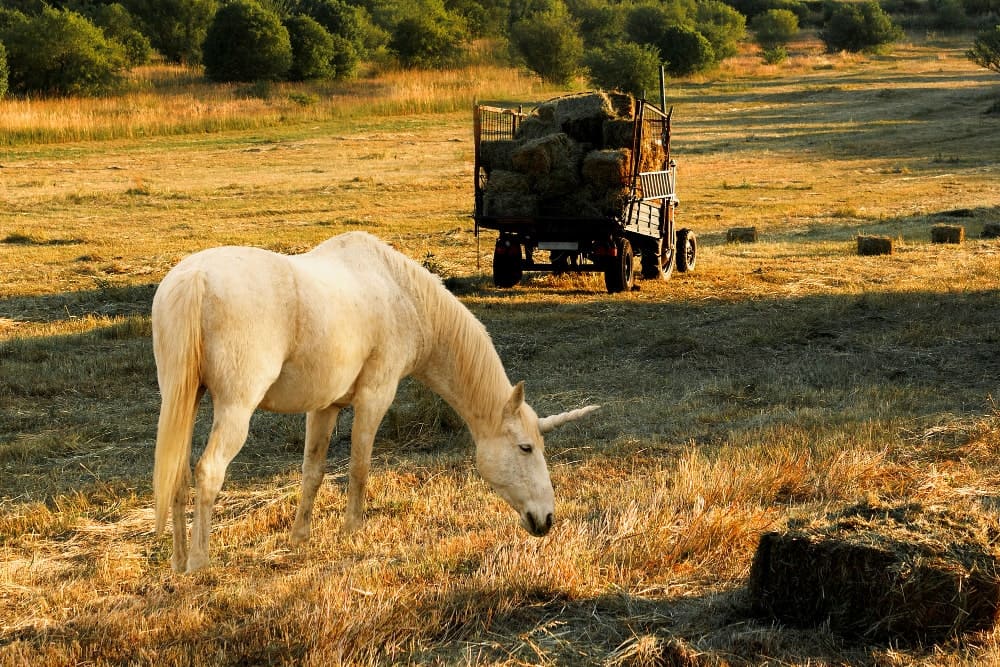
How Long After Mowing Can ...

How to Care for a ...
.jpg)
Why Do Horses Wear Blinders: ...
.jpg)
How to fit an exercise ...

Why is my horse bucking ...
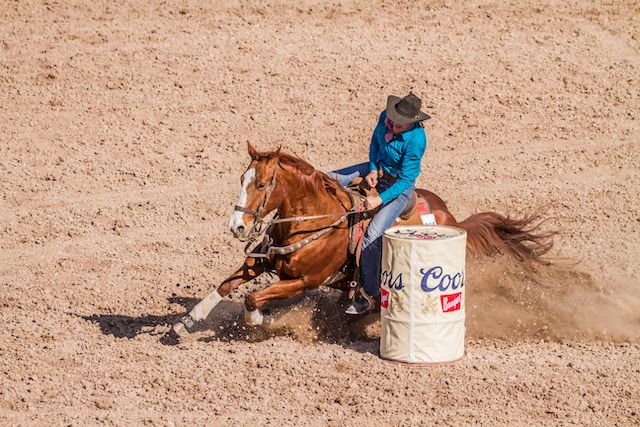
What causes a horse to ...
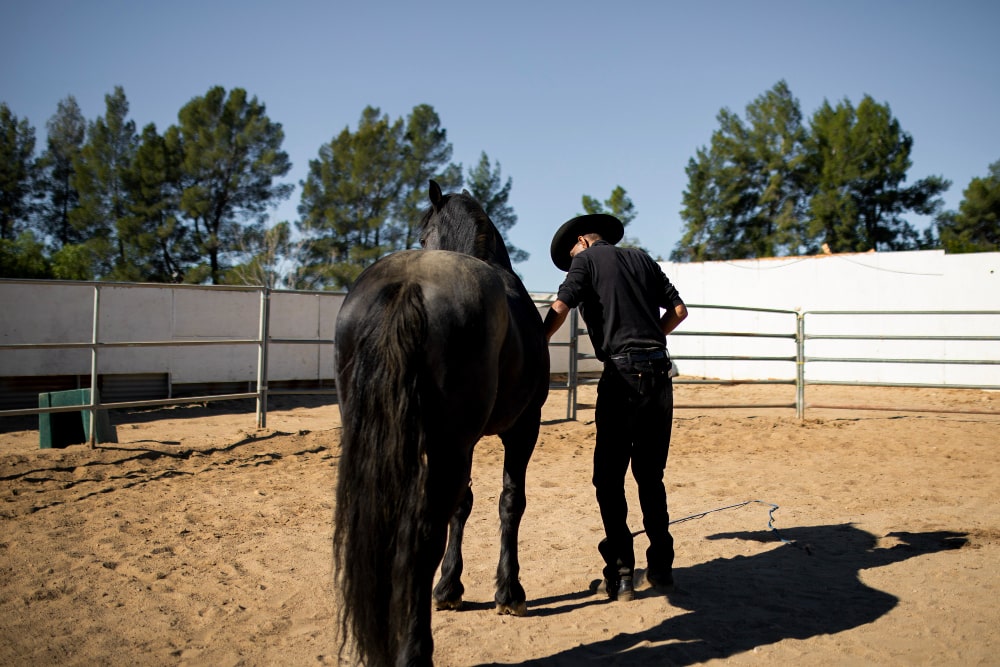
How to Stop a Horse ...
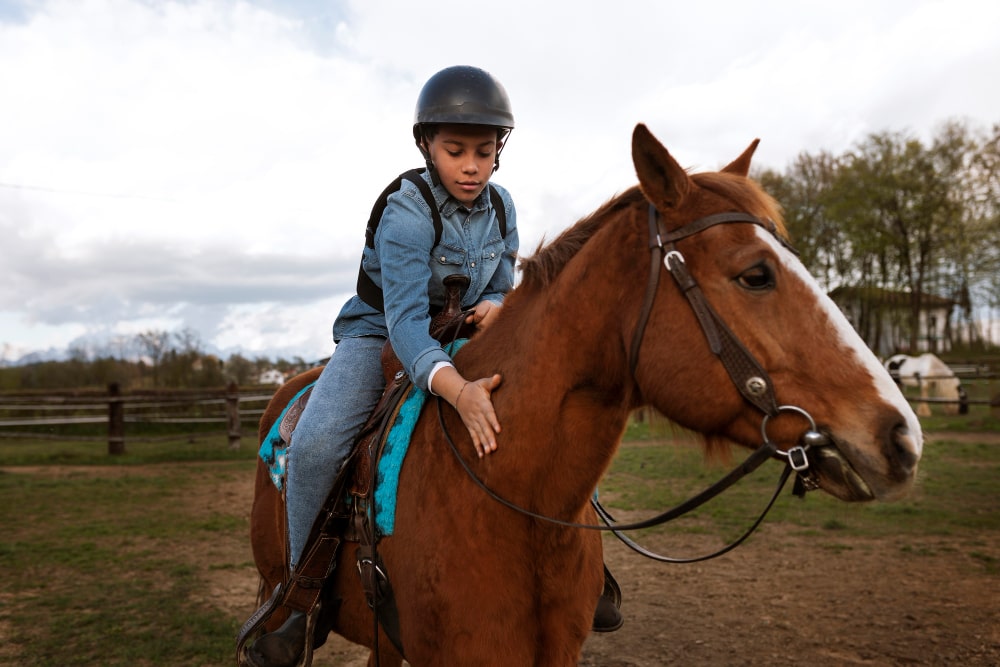
Why Is My Horse Bunny ...
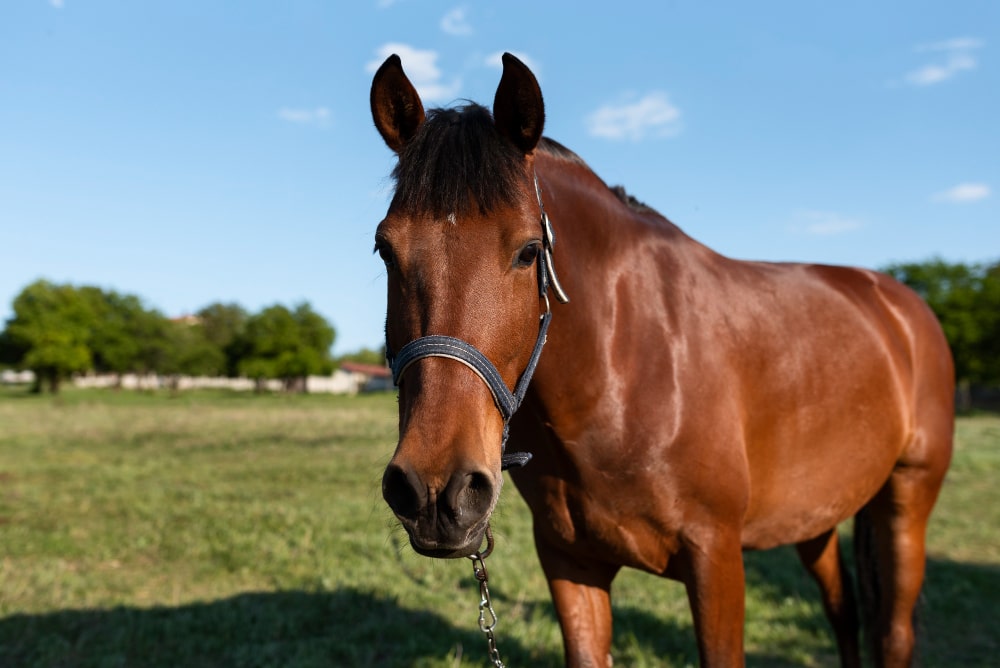
How To Improve Pasture For ...
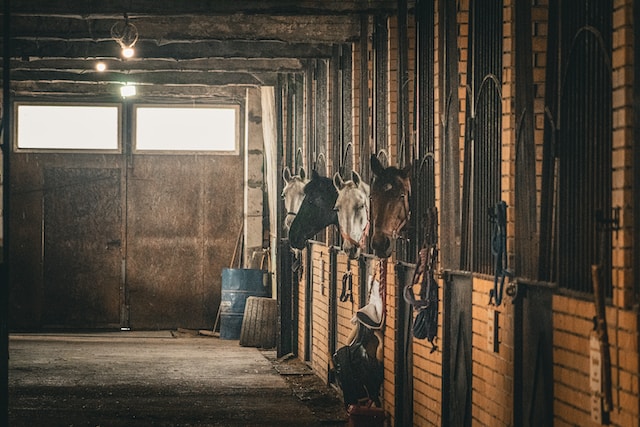
How to get the smell ...

Can you add ramp to ...

What Is The Temperament Of ...
.jpg)
Why Is Friesian Horse Hair ...
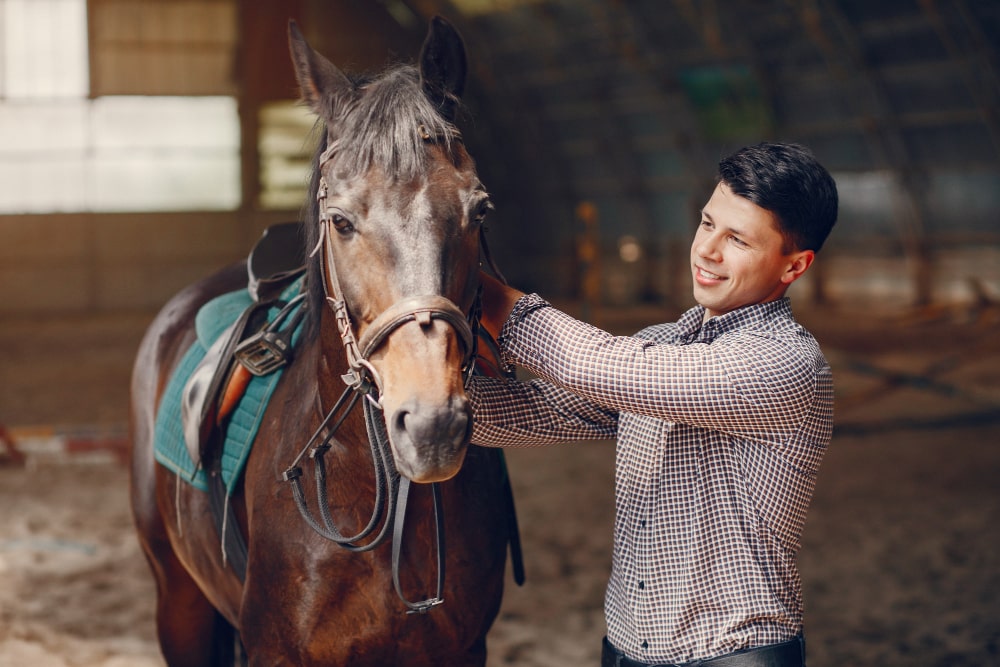
Why is my horse testing ...
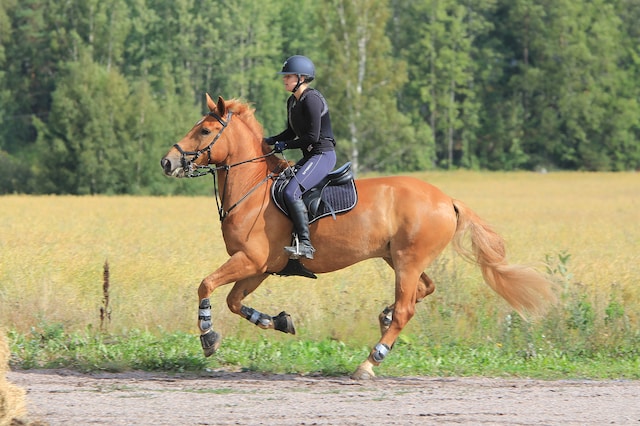
How often you should take ...
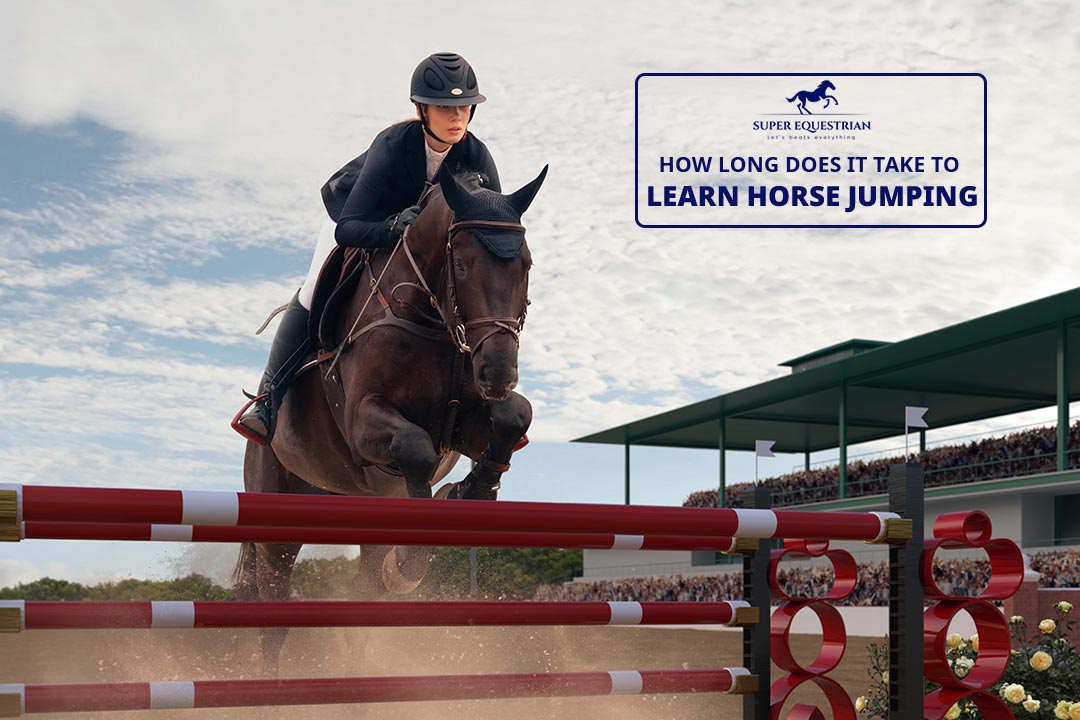
How long does it take ...
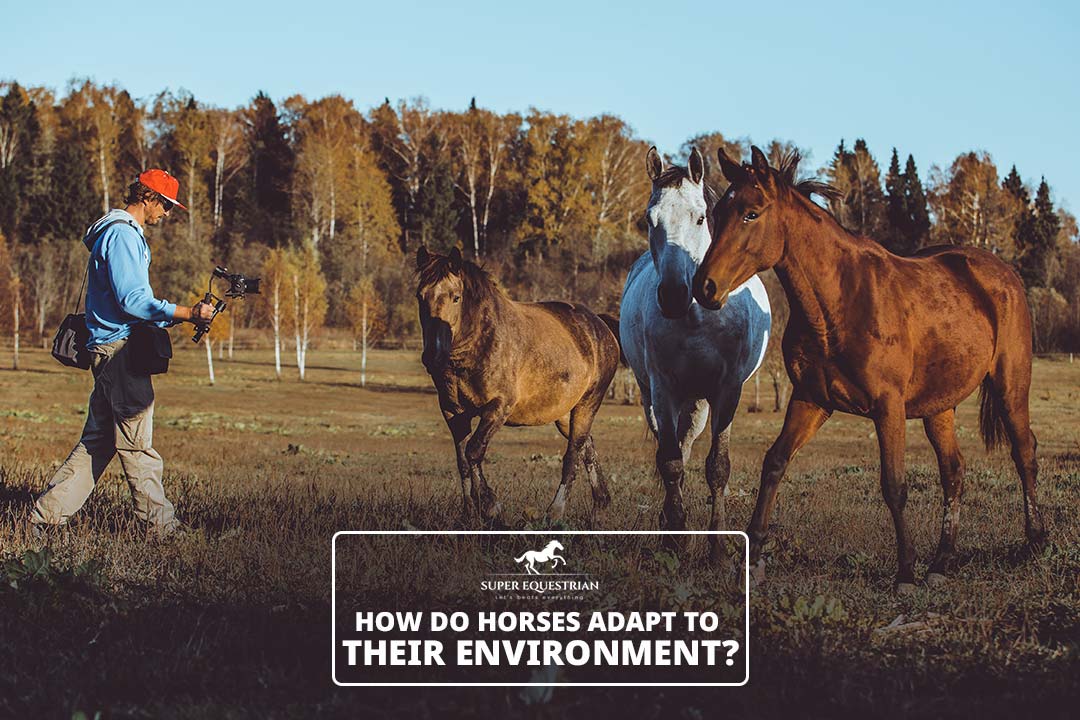
How do horses adapt to ...

How To Prepare For A ...
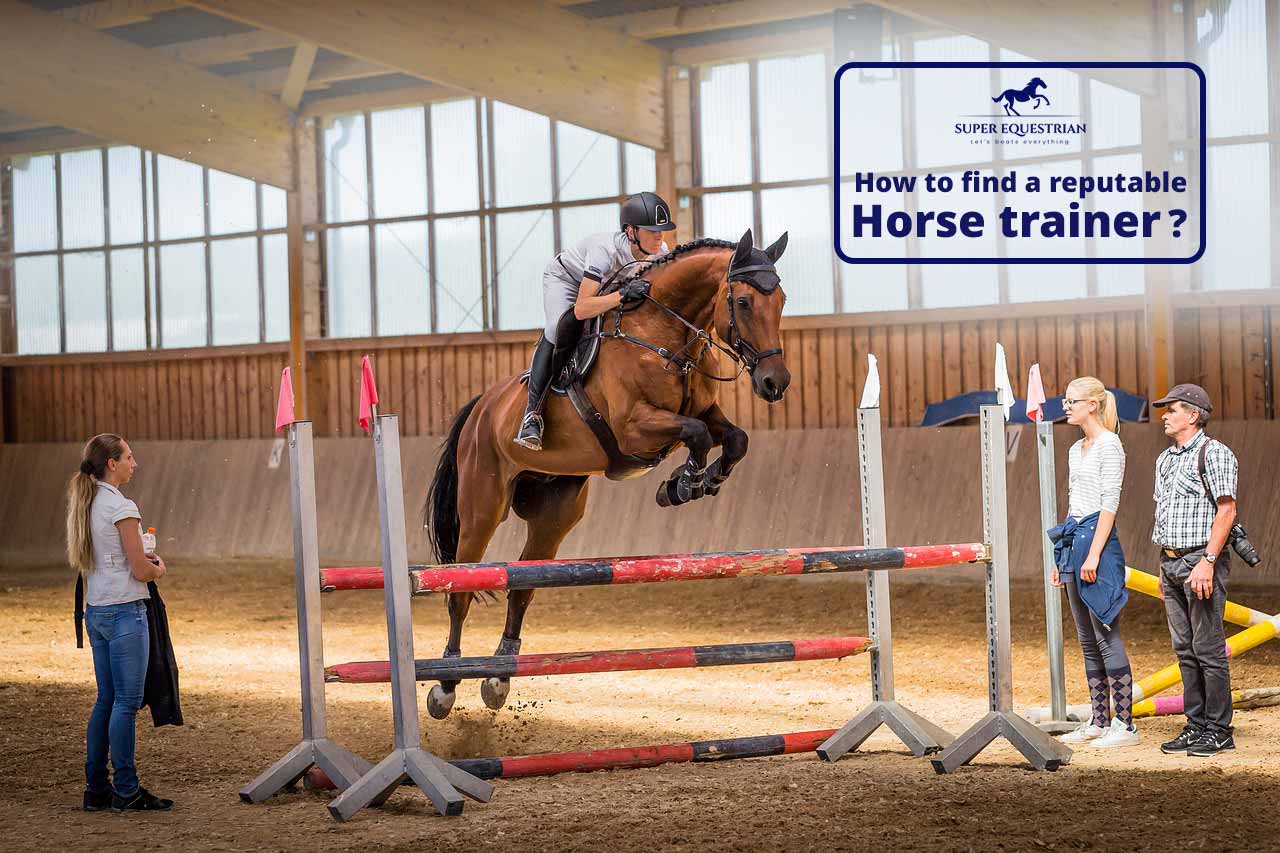
How To Find A Reputable ...
.jpg)
Do Horses Get Medals at ...

How to create a horse-...